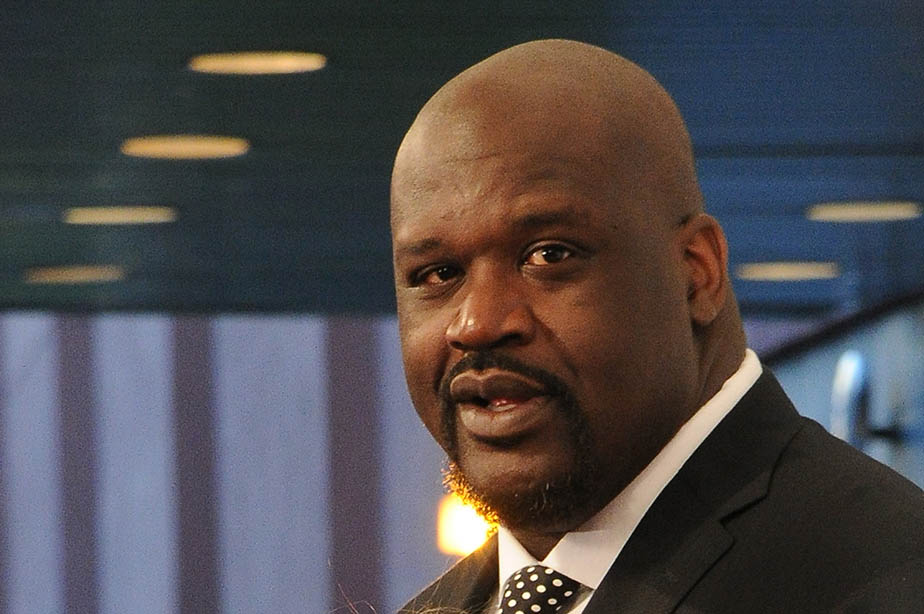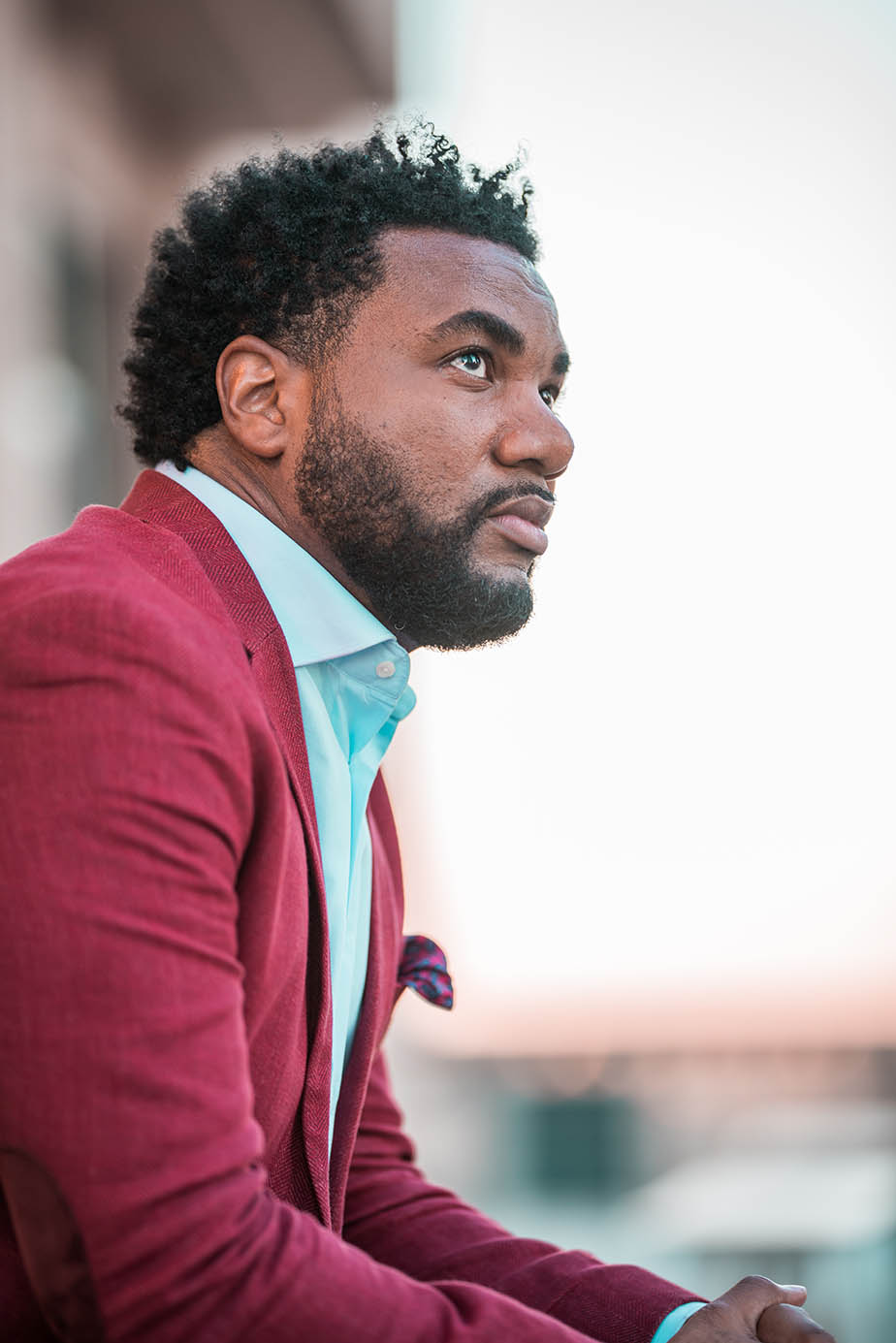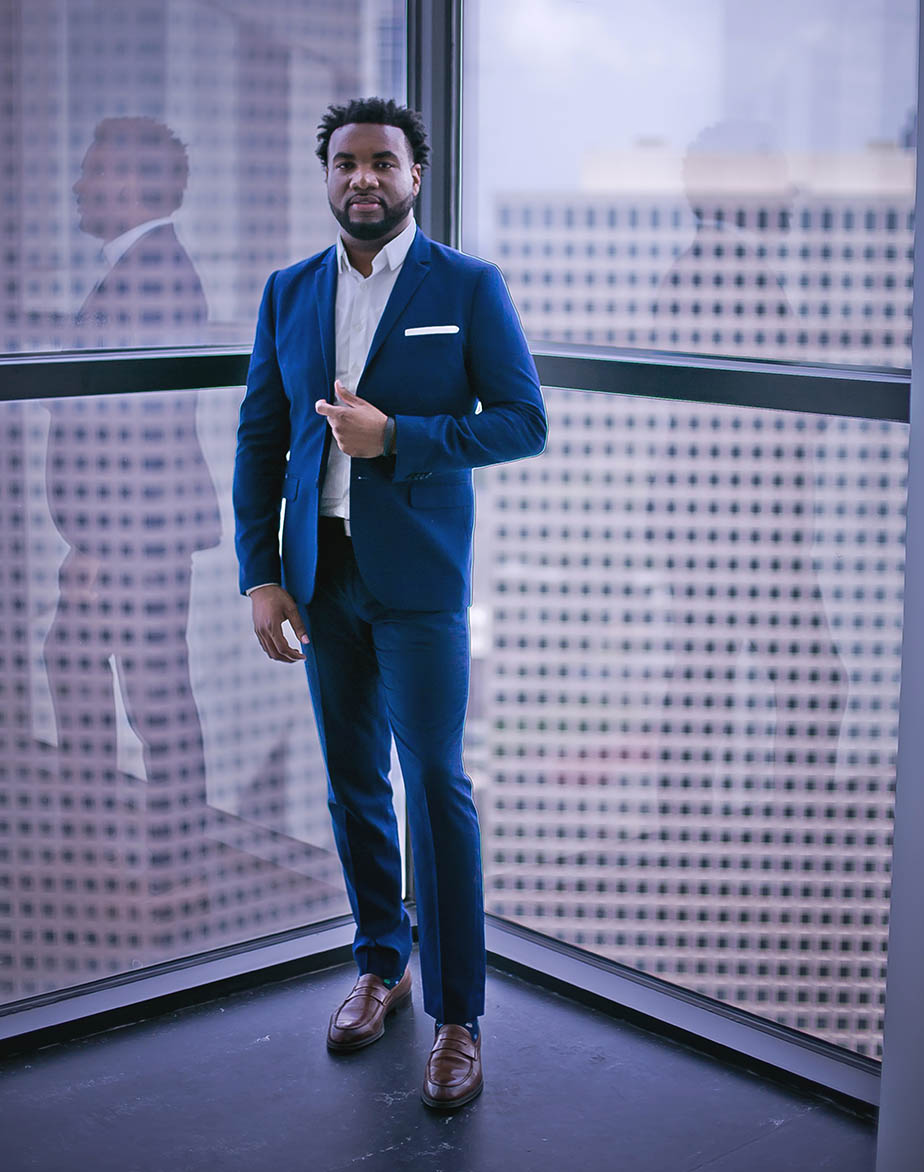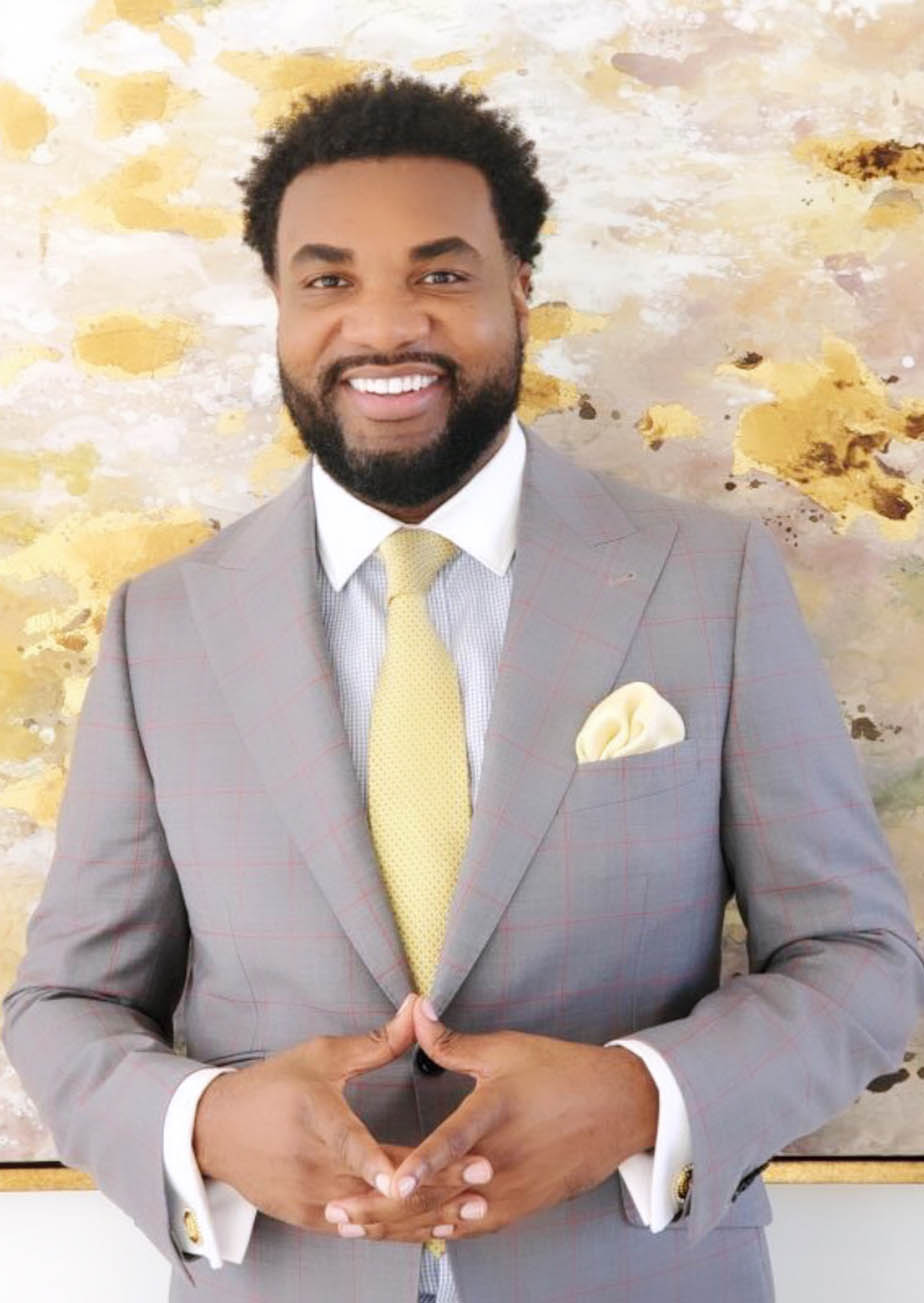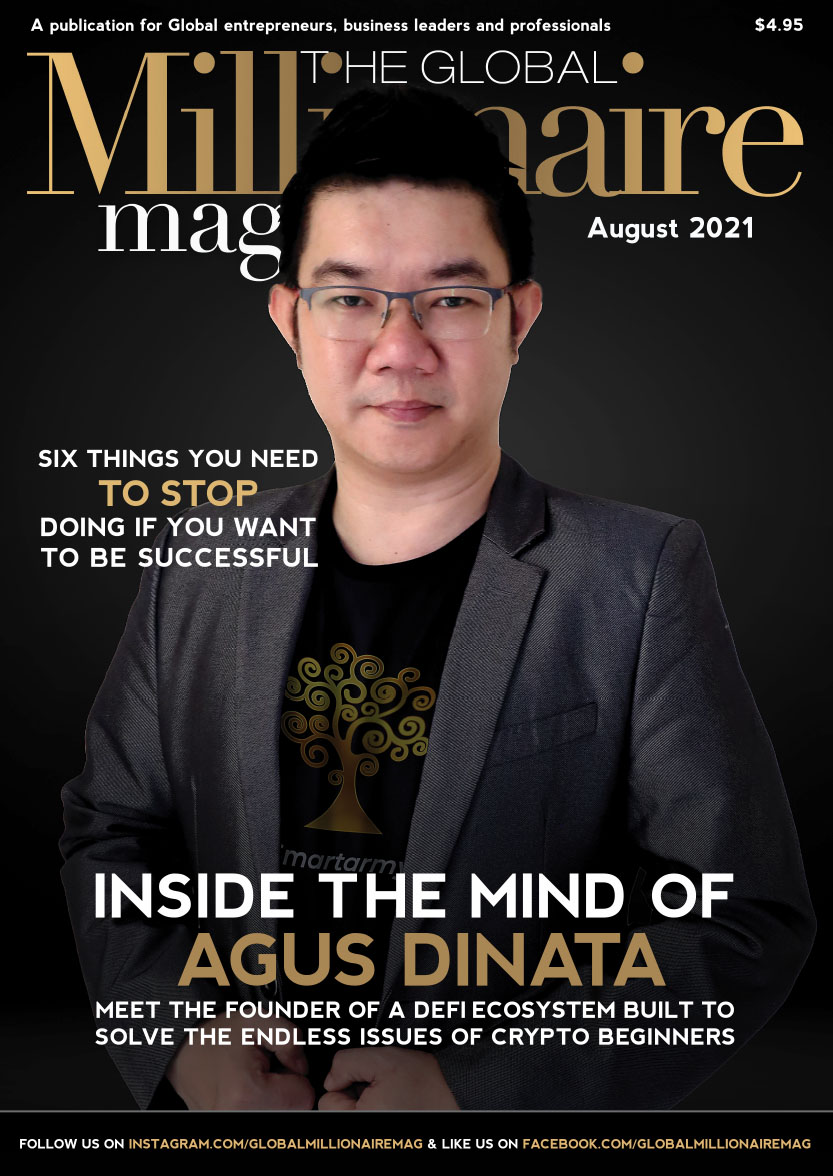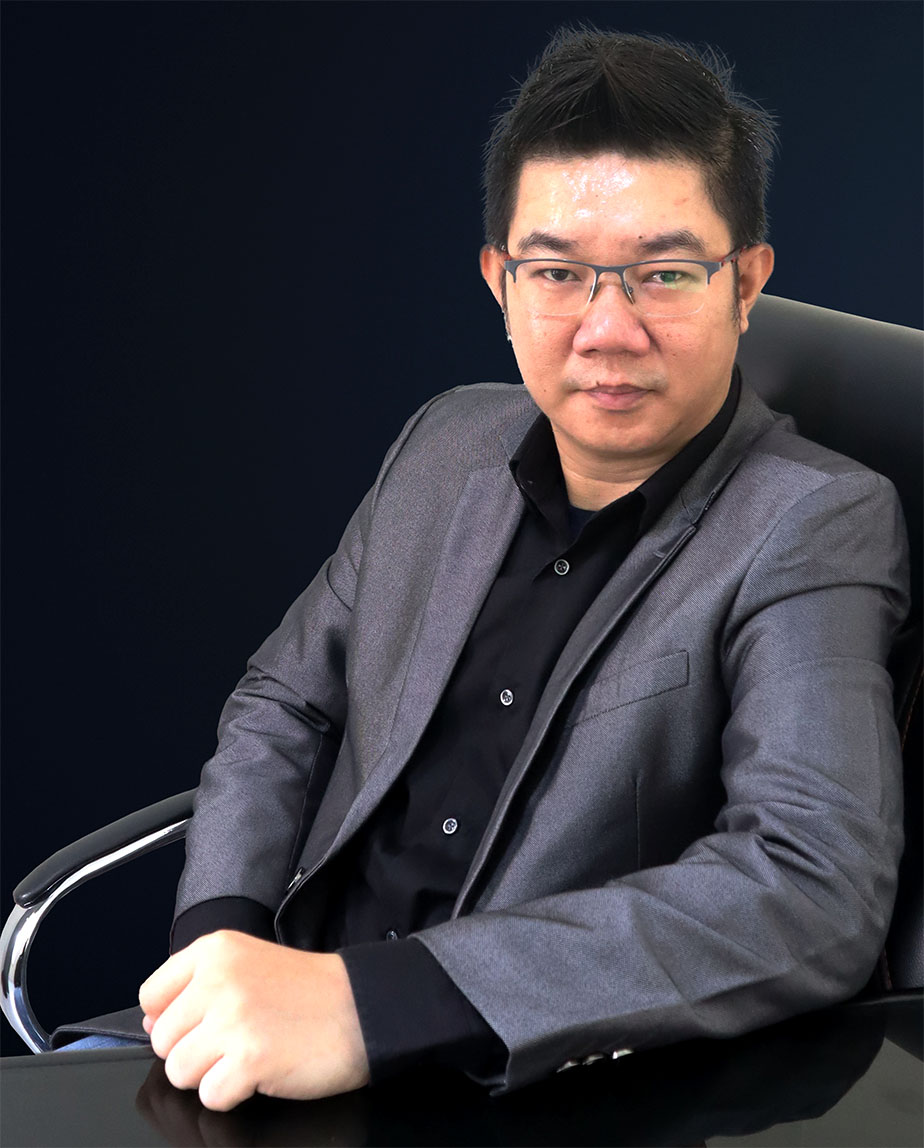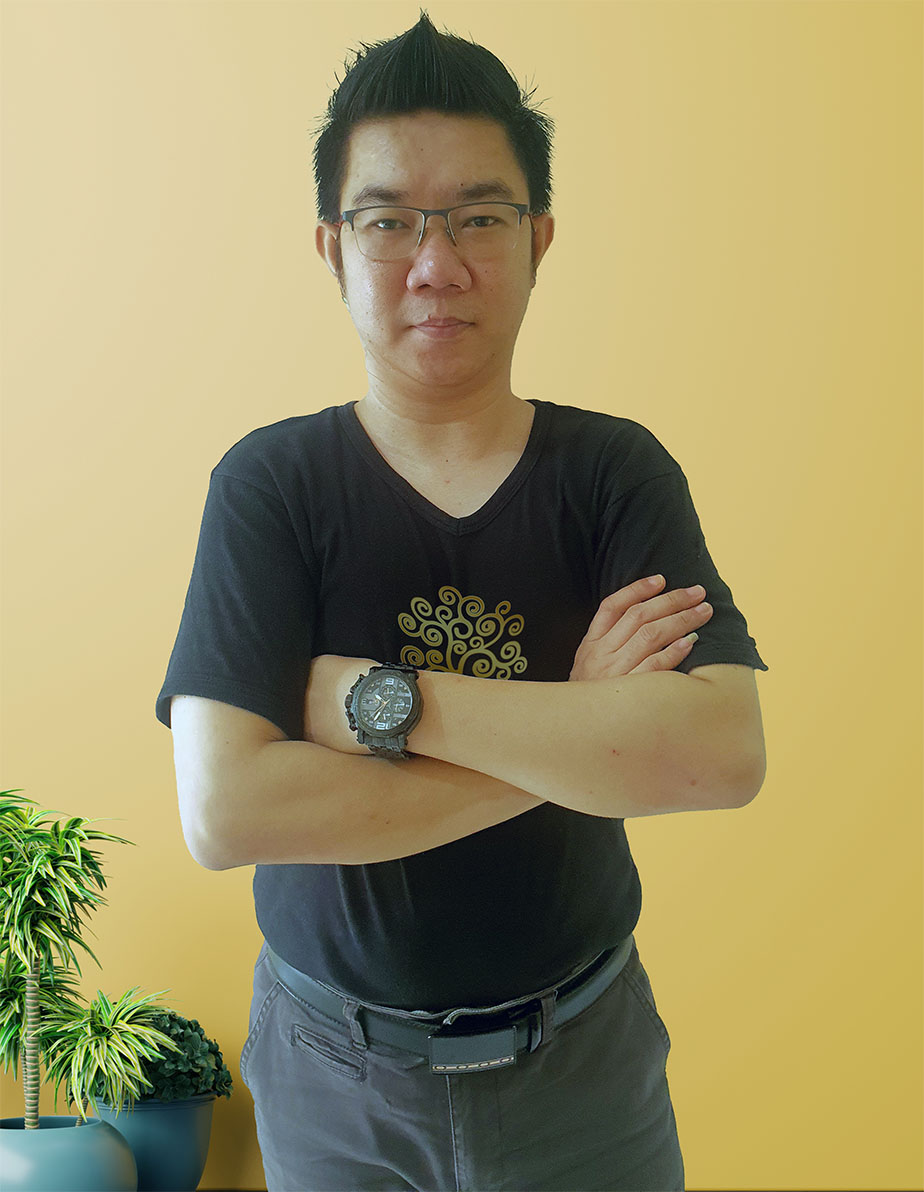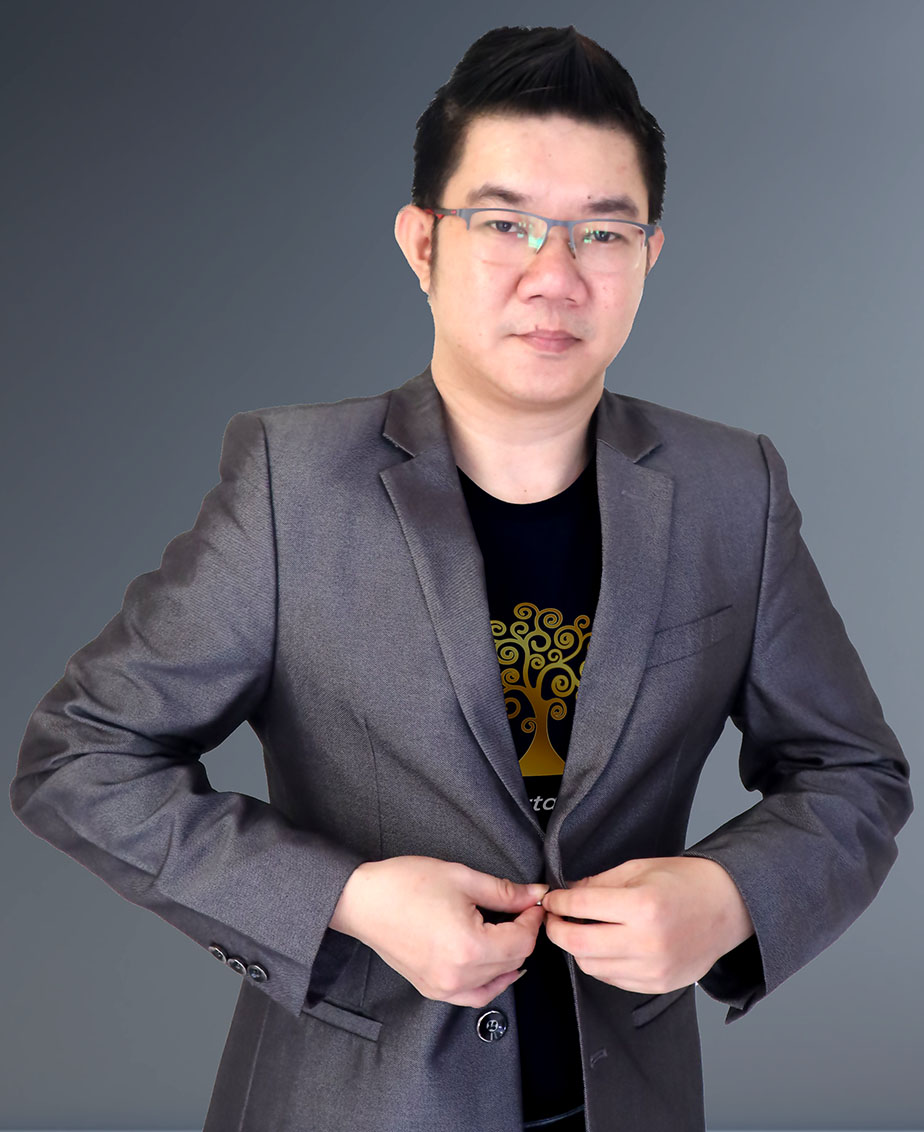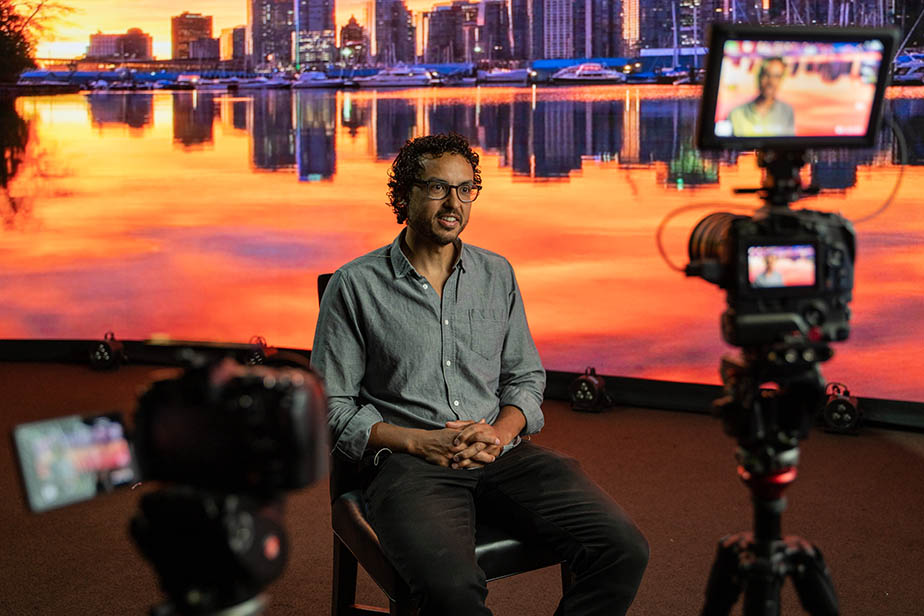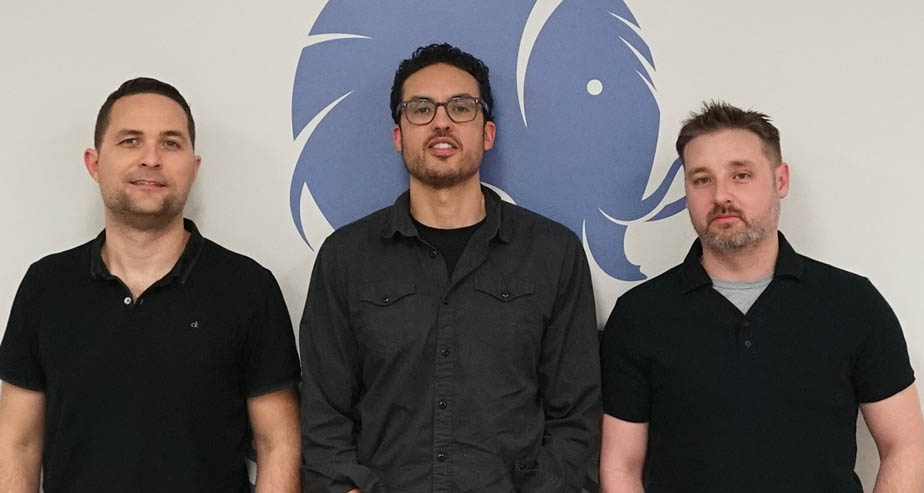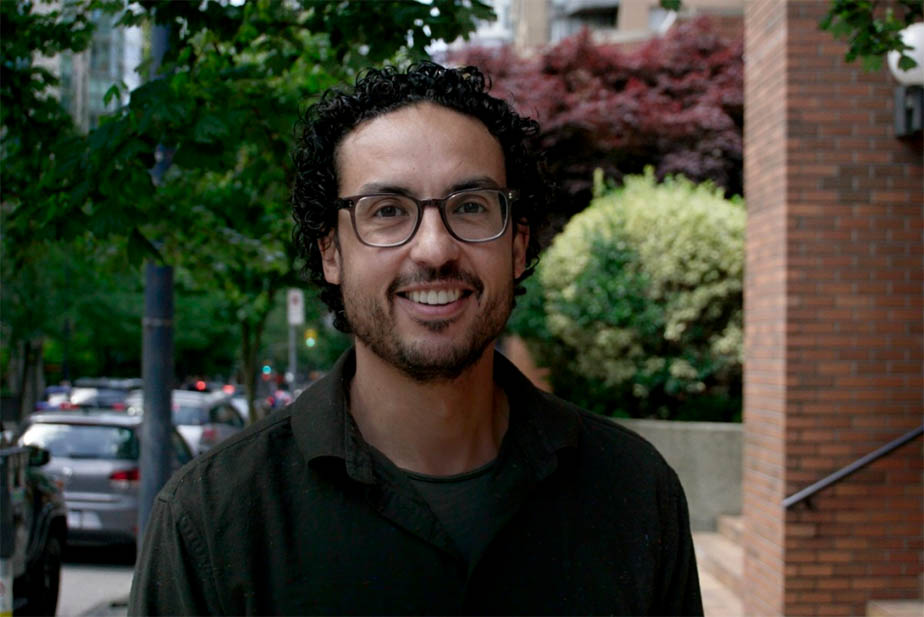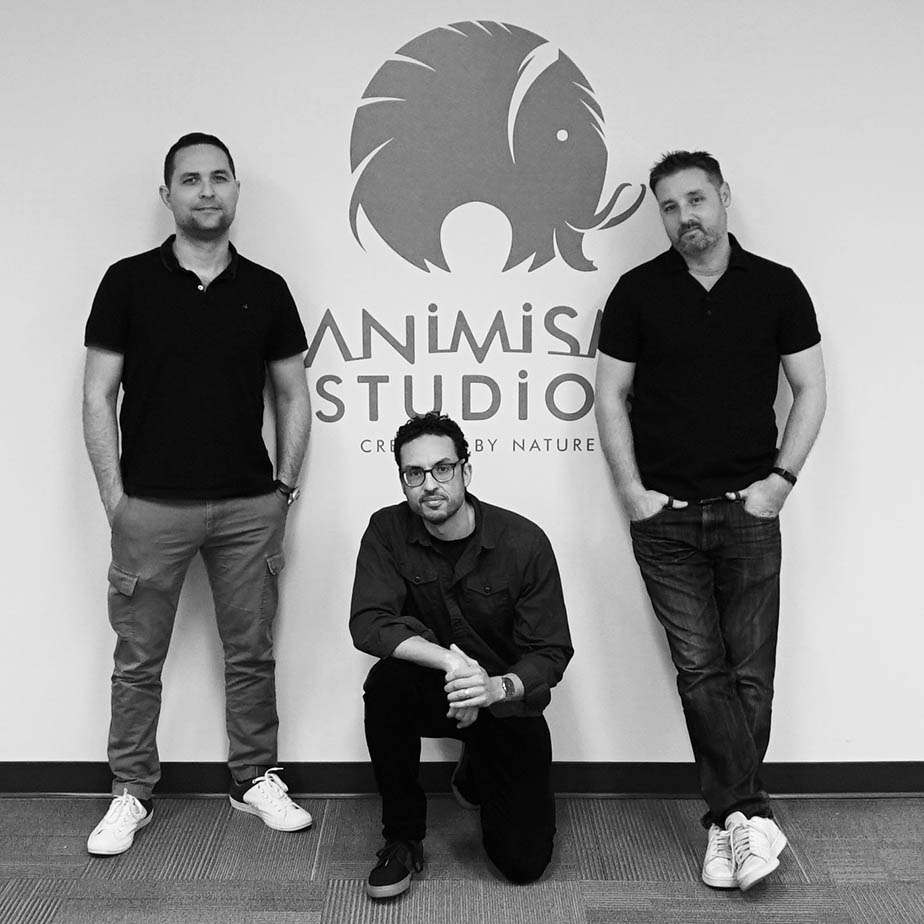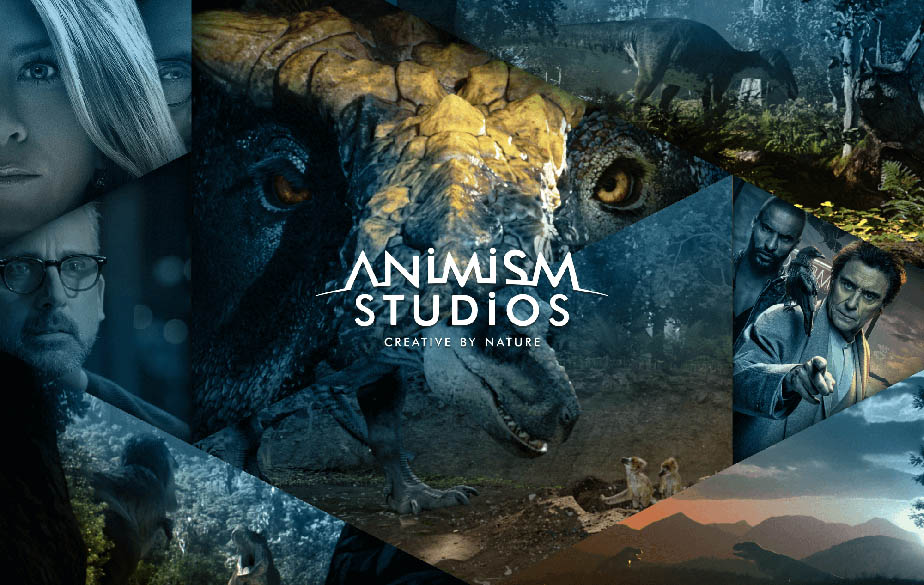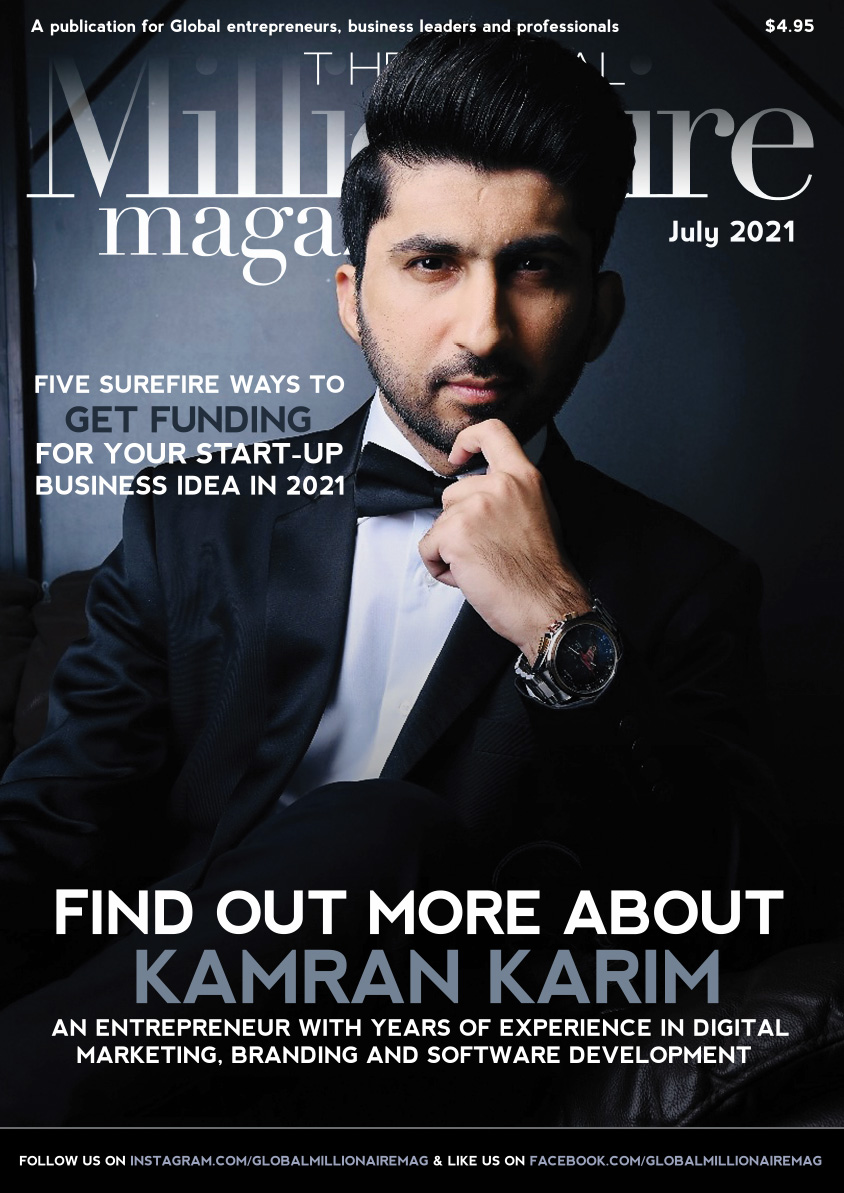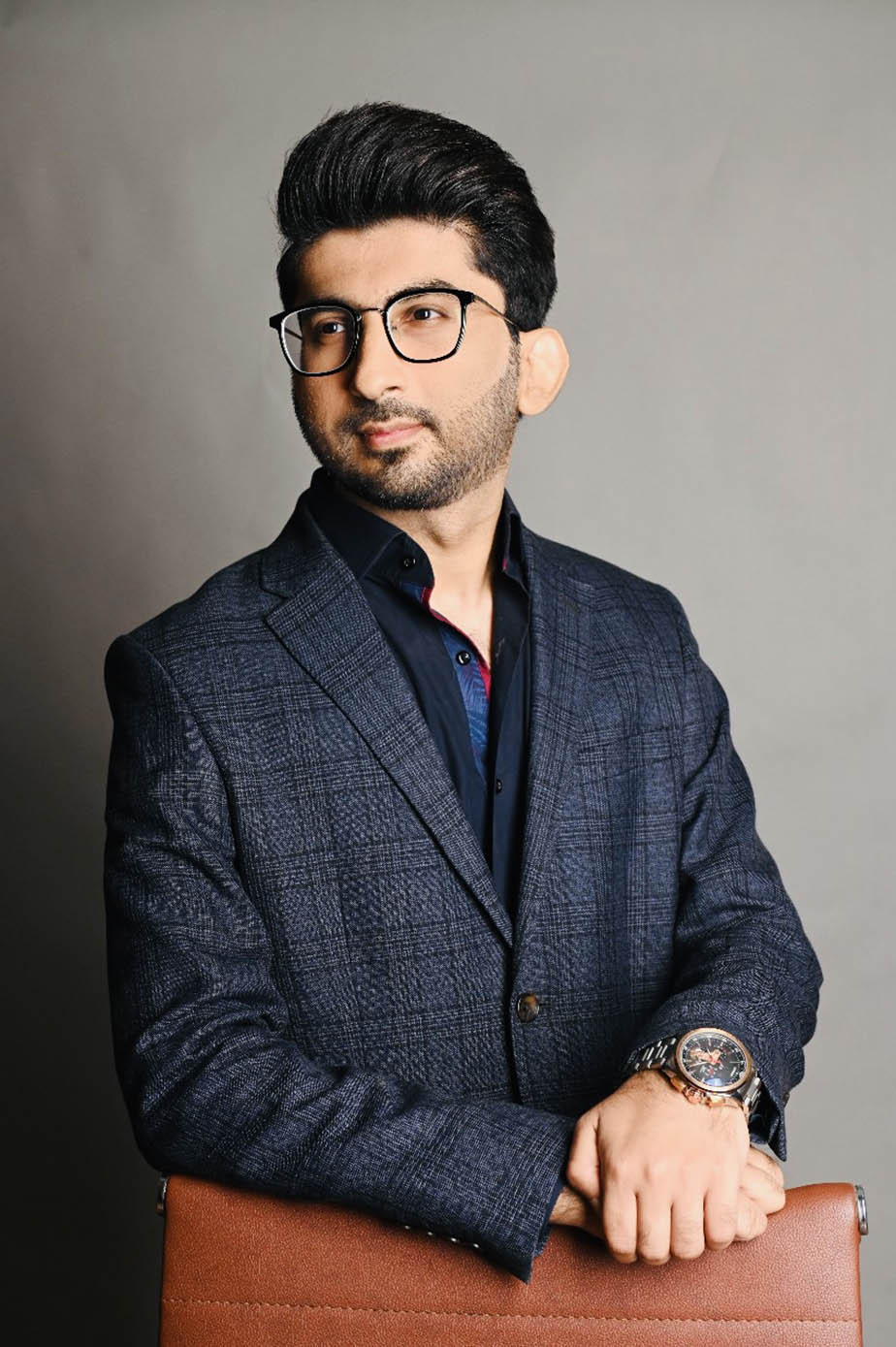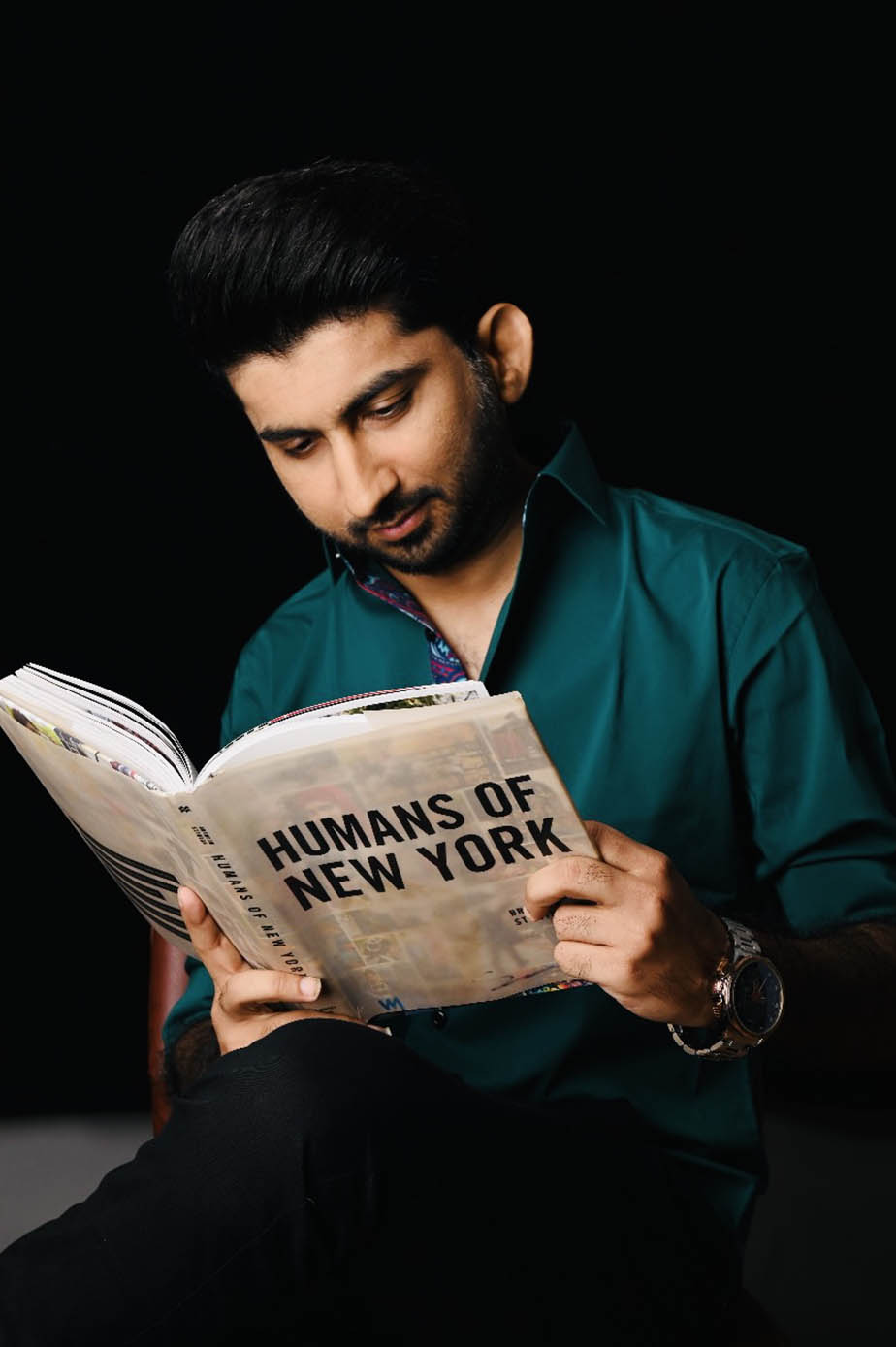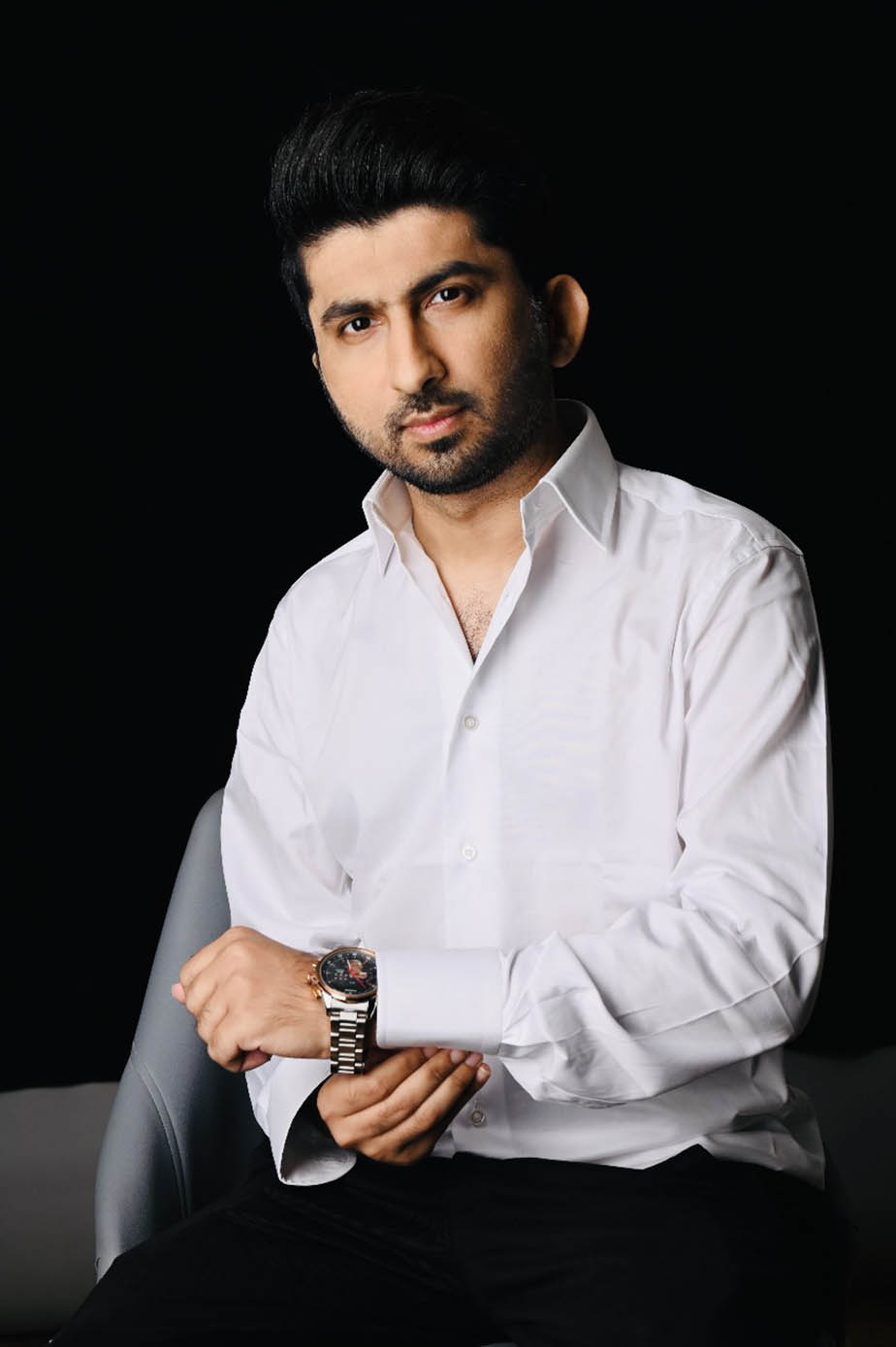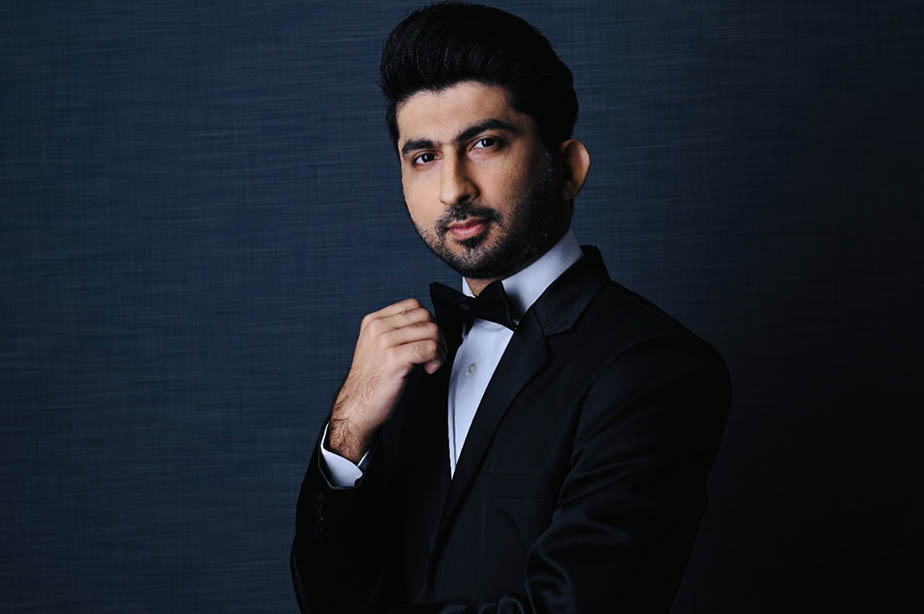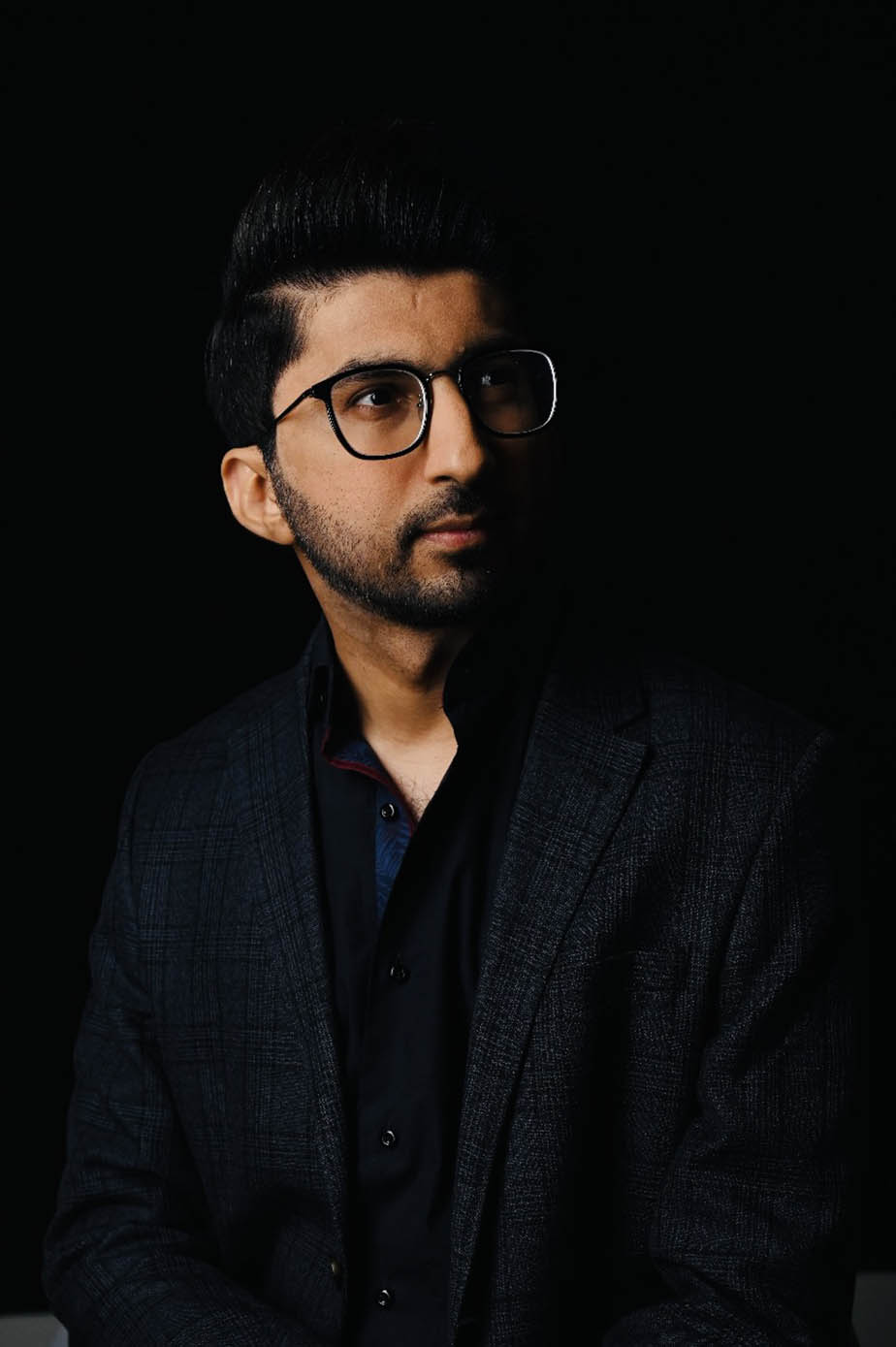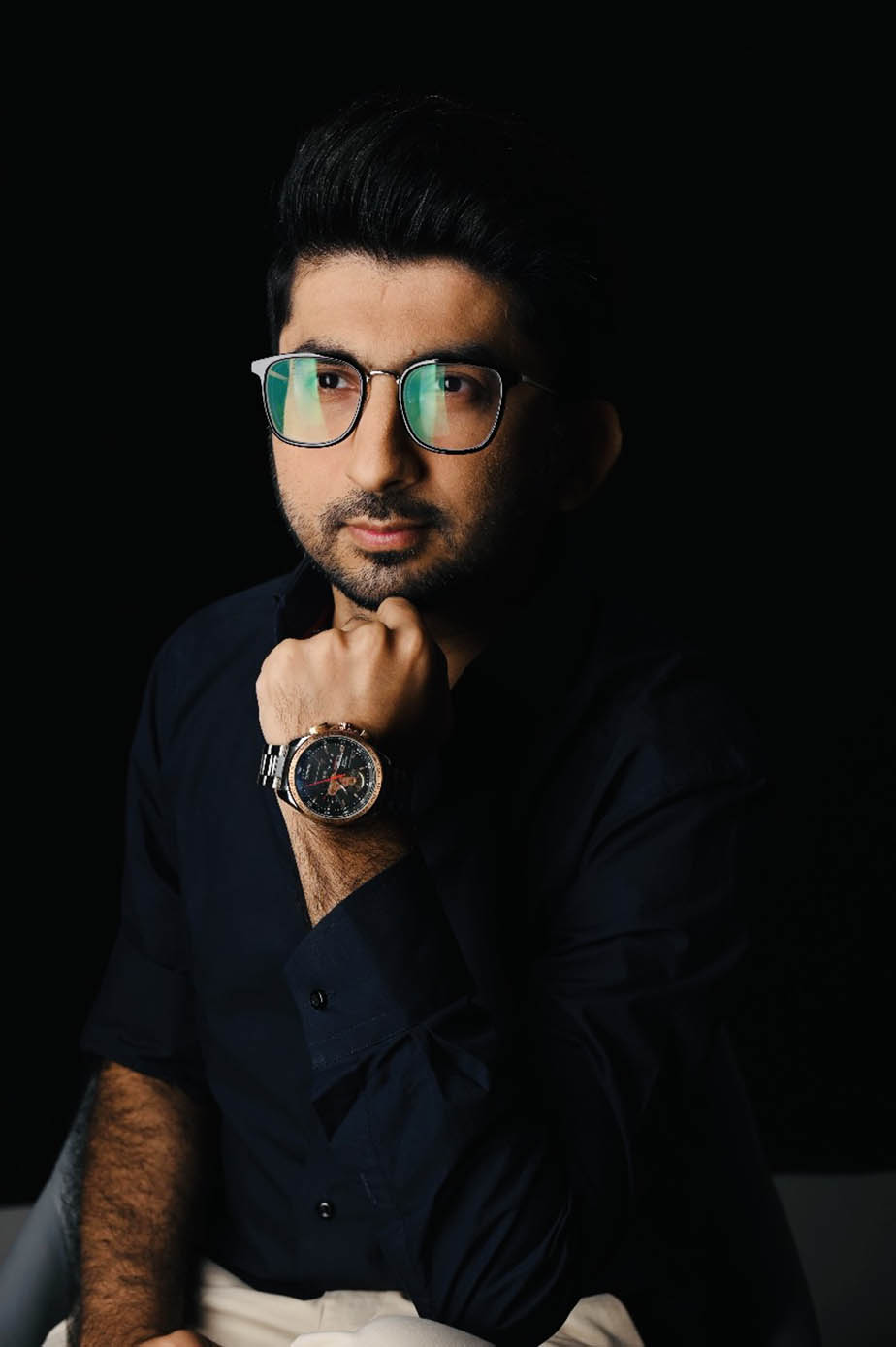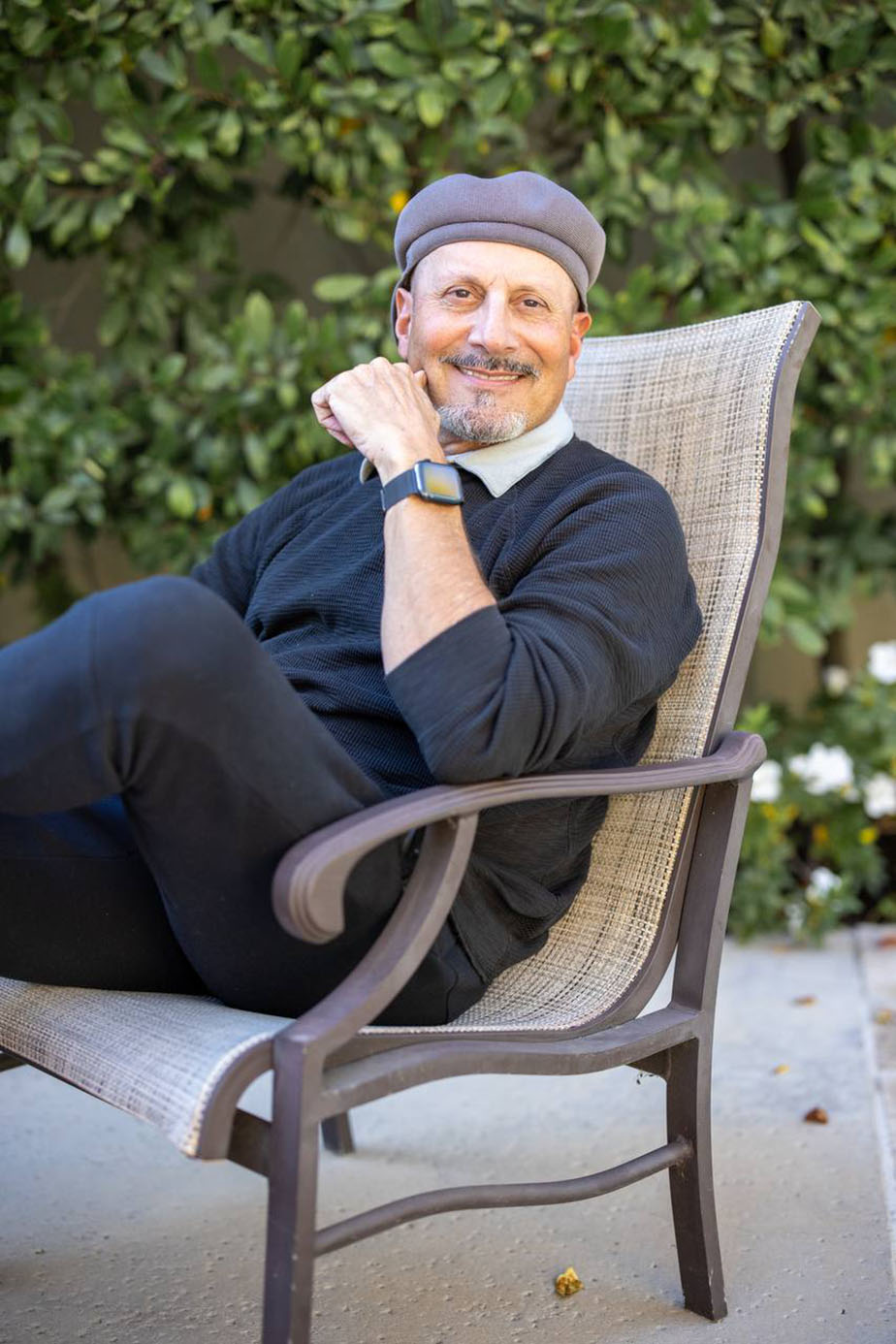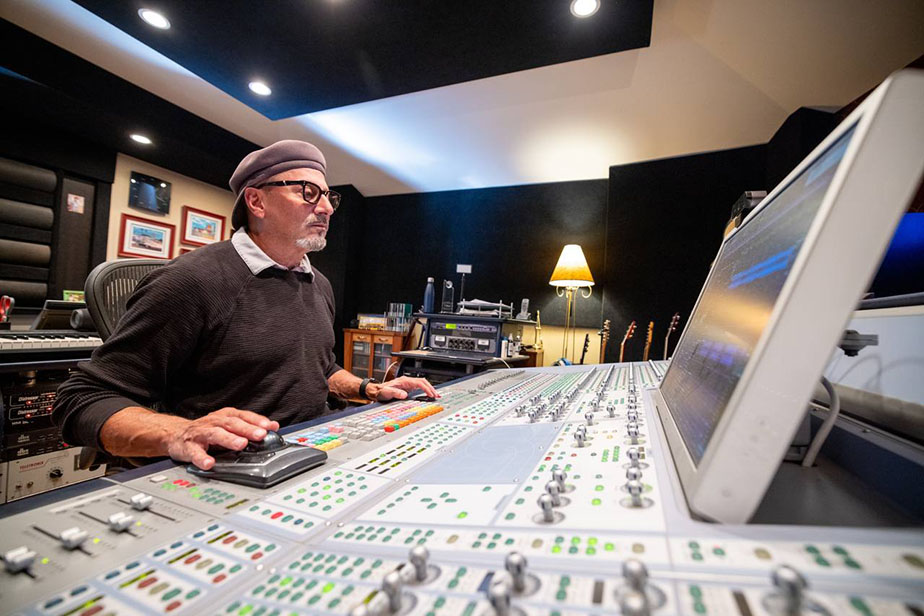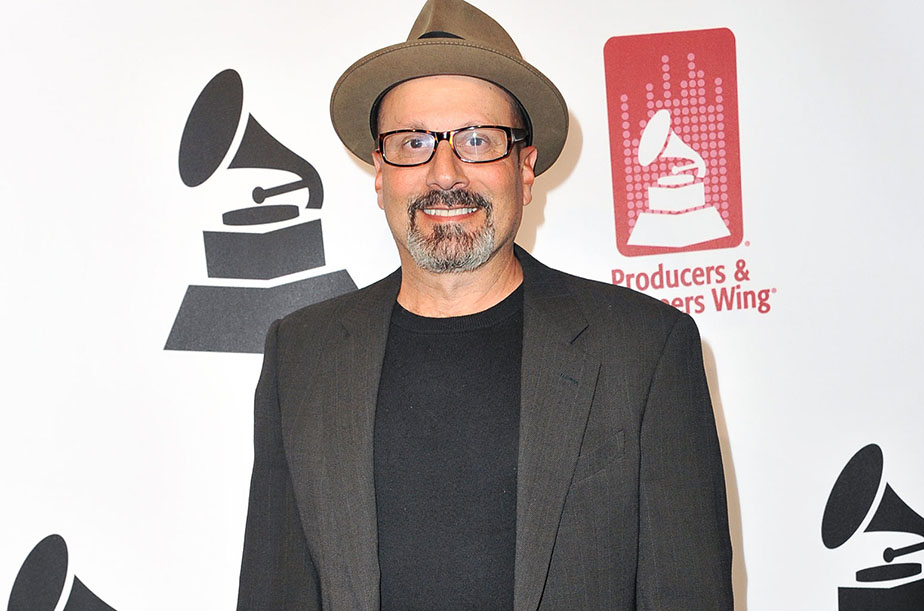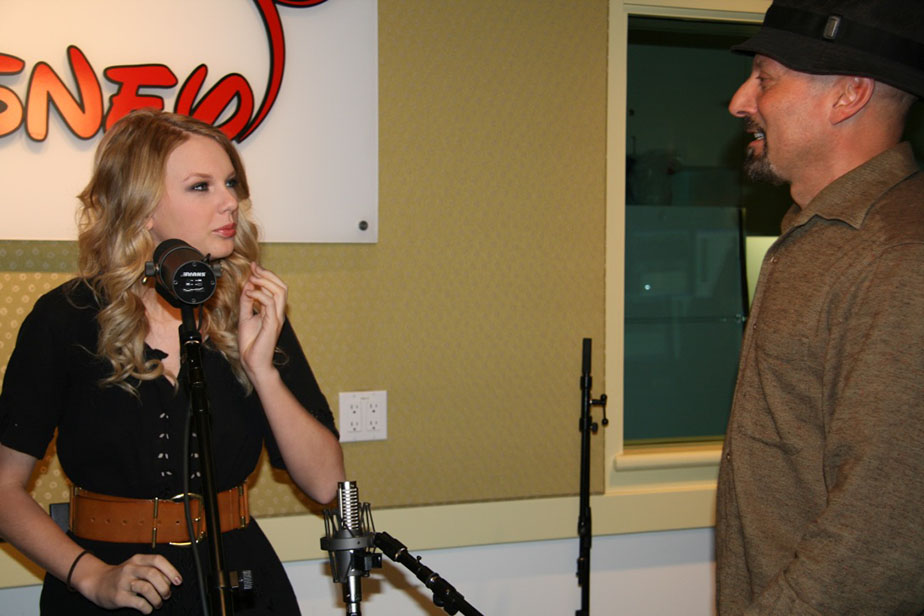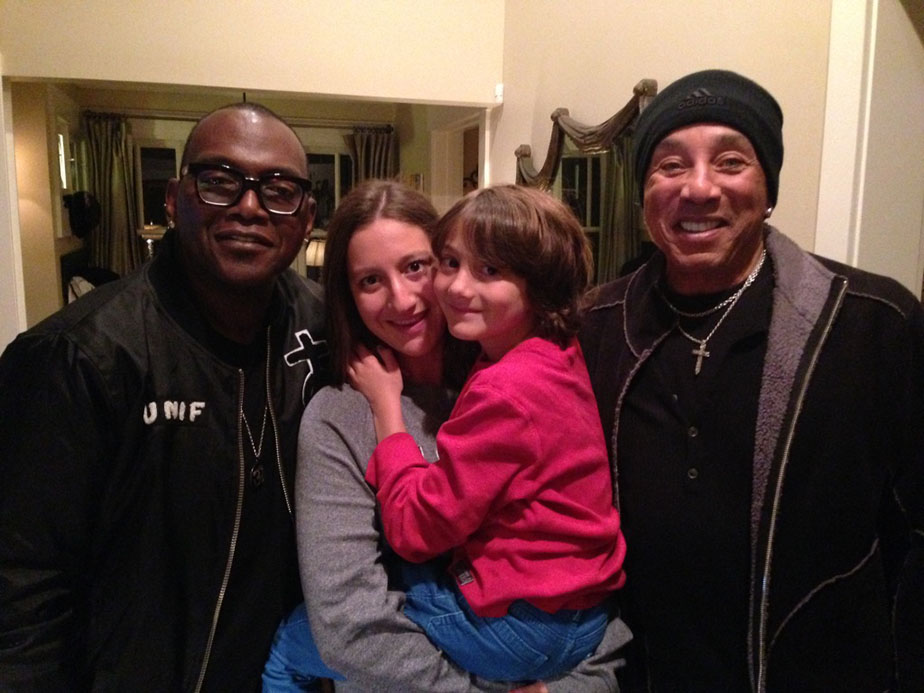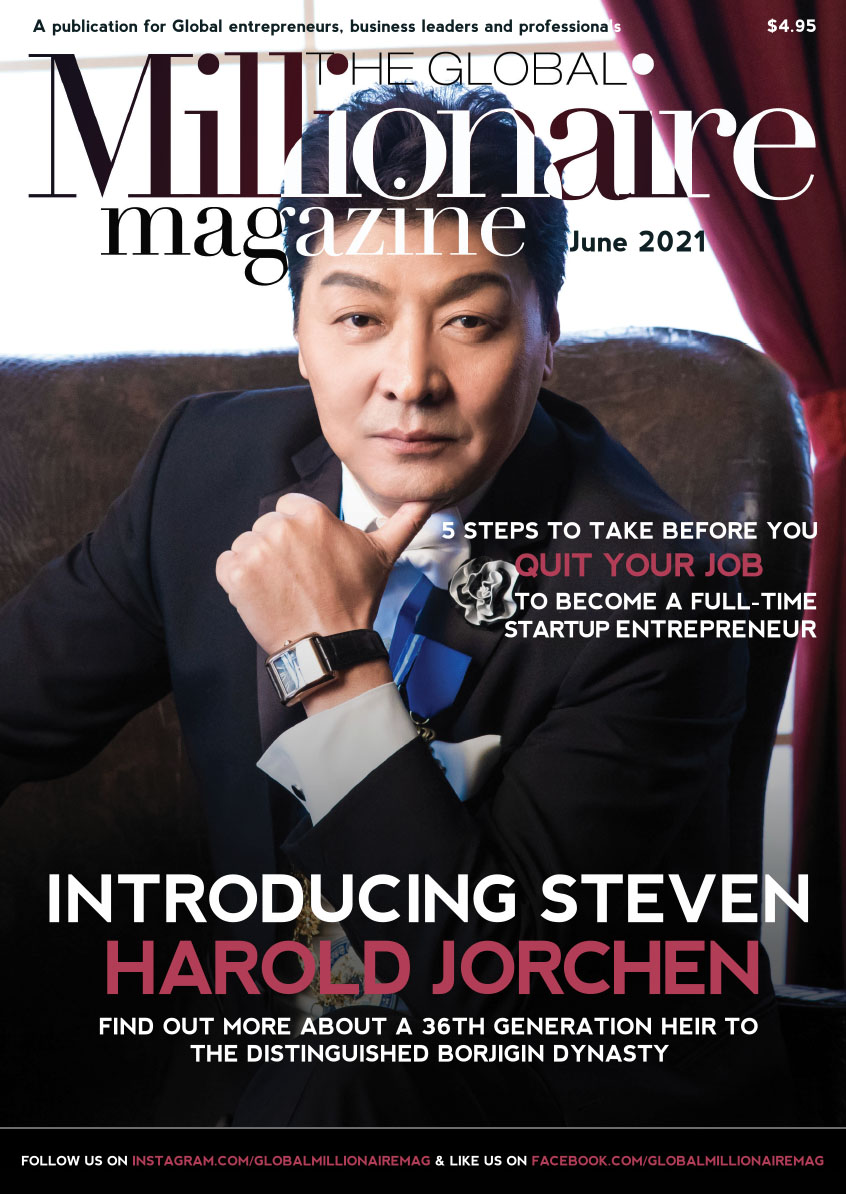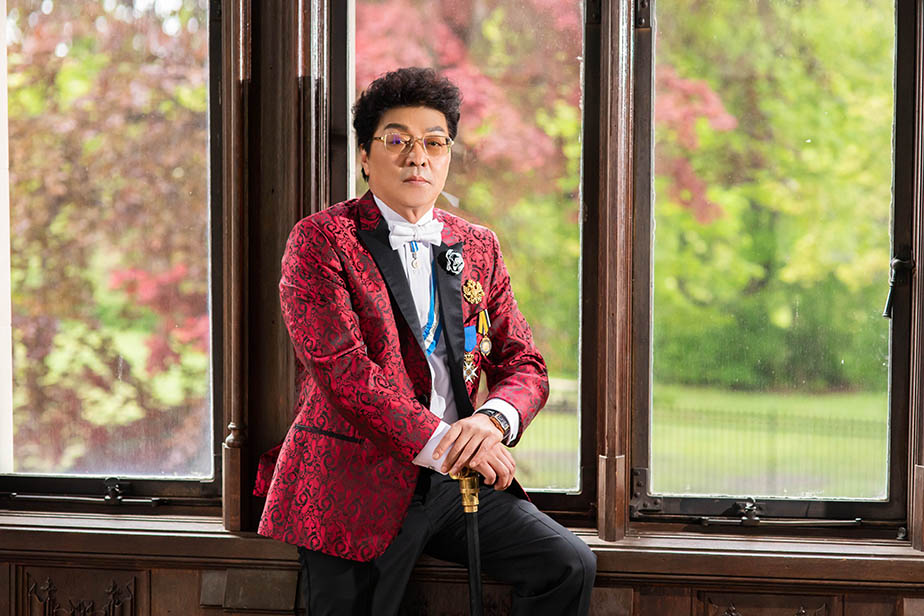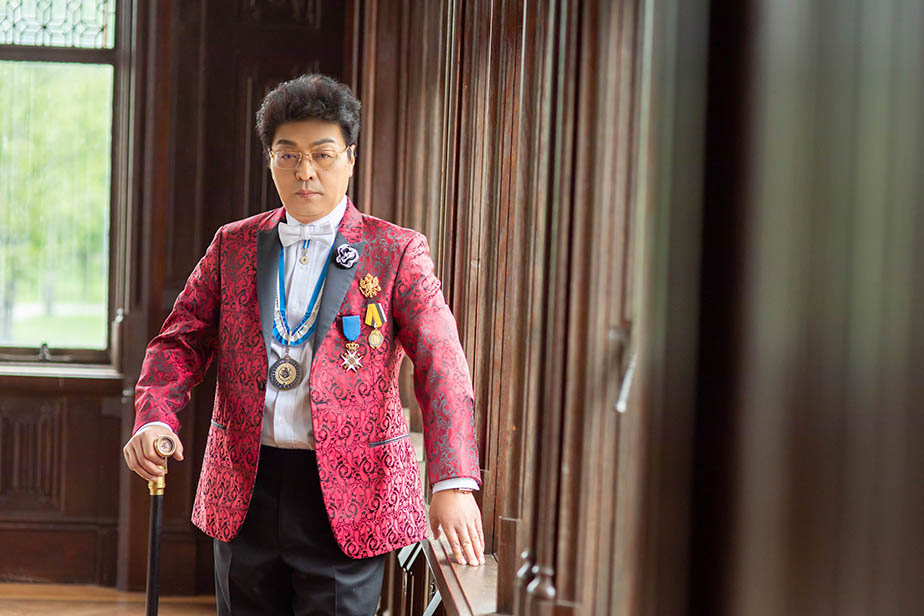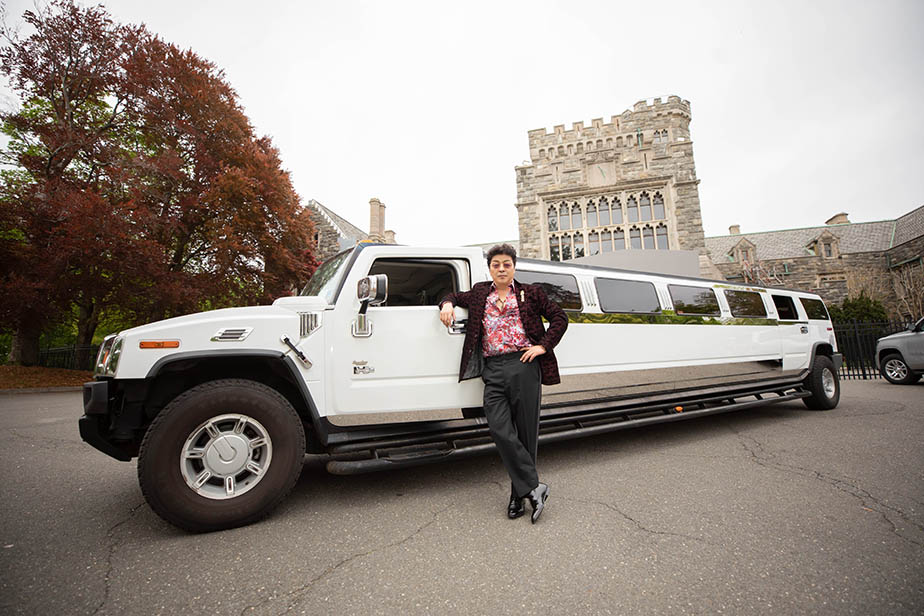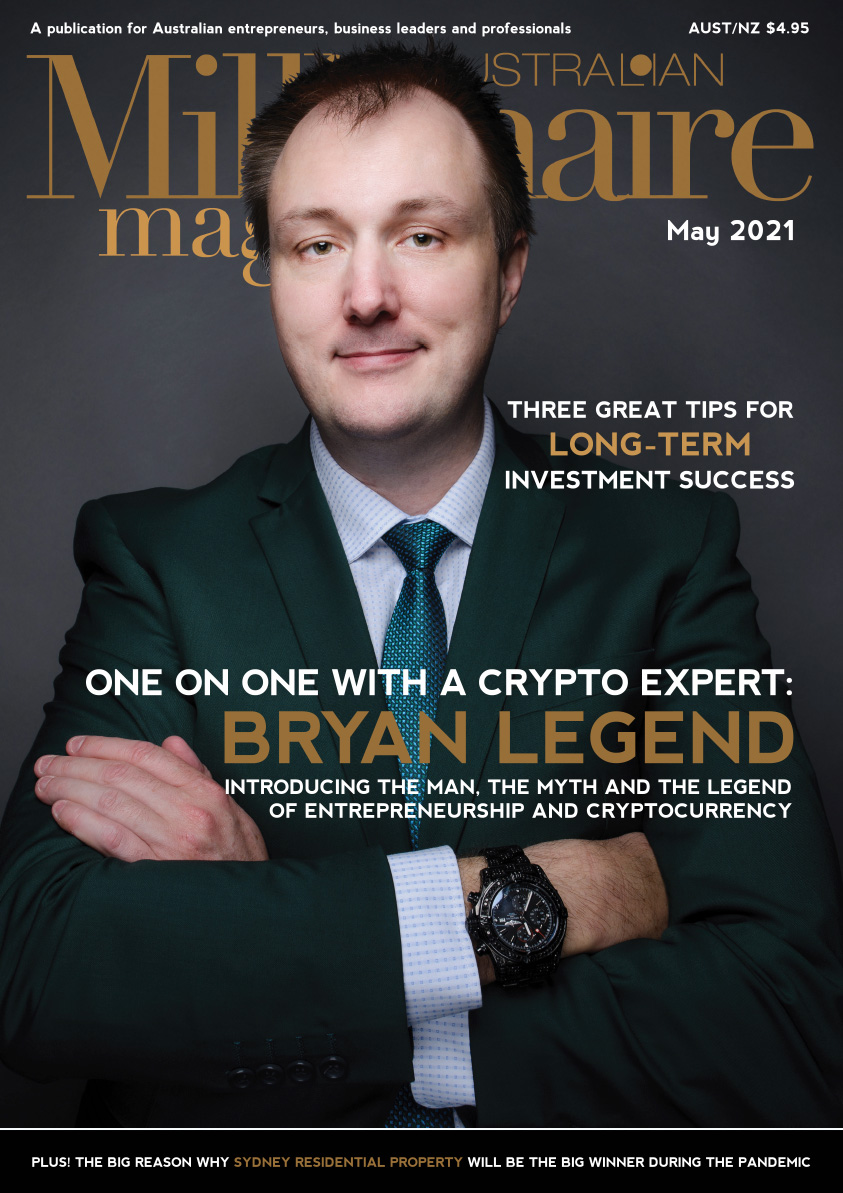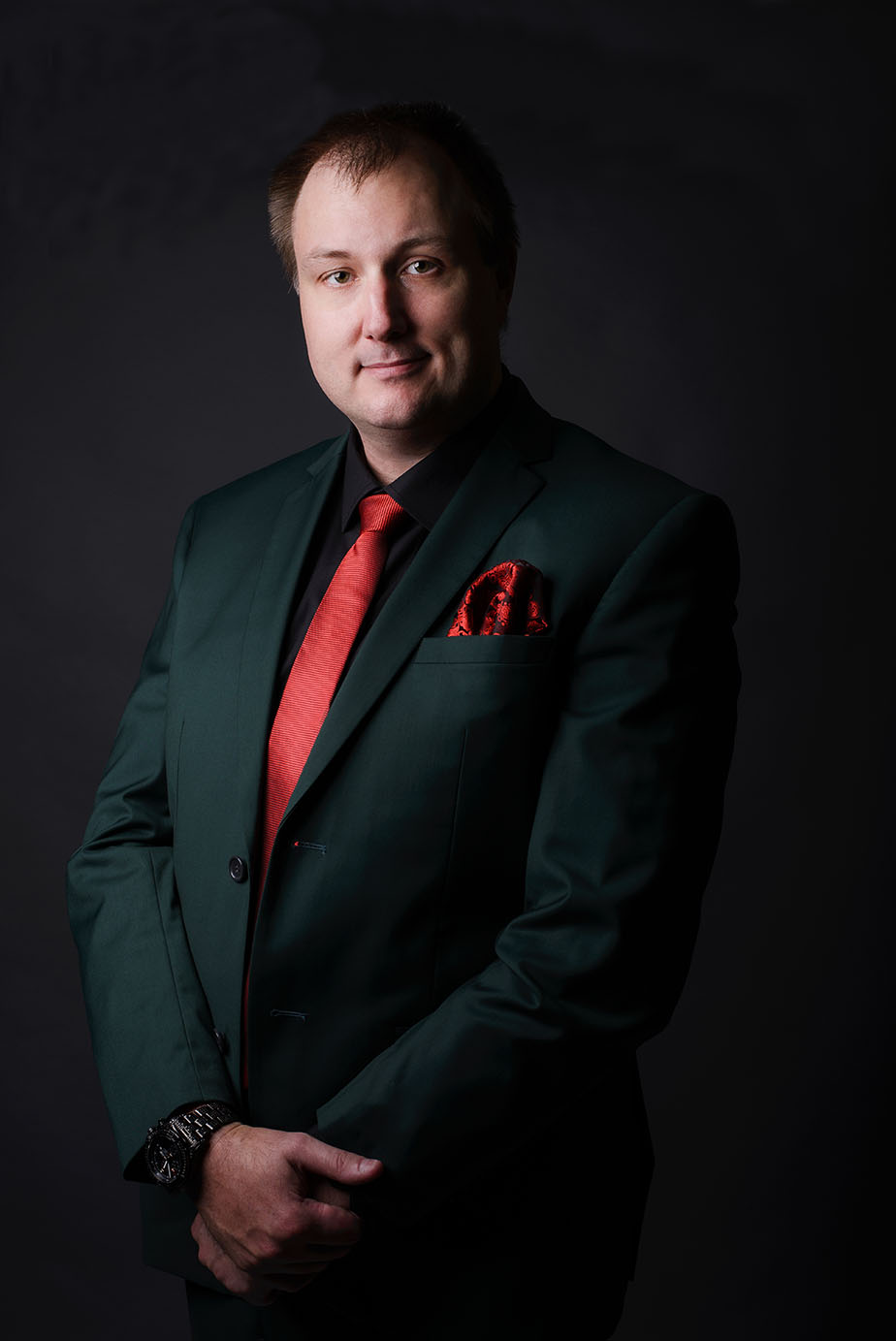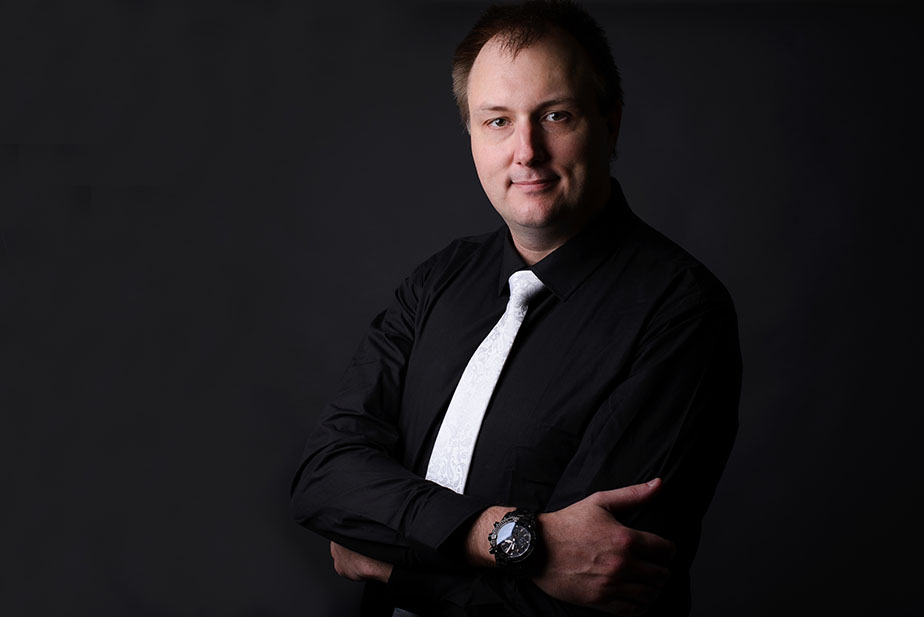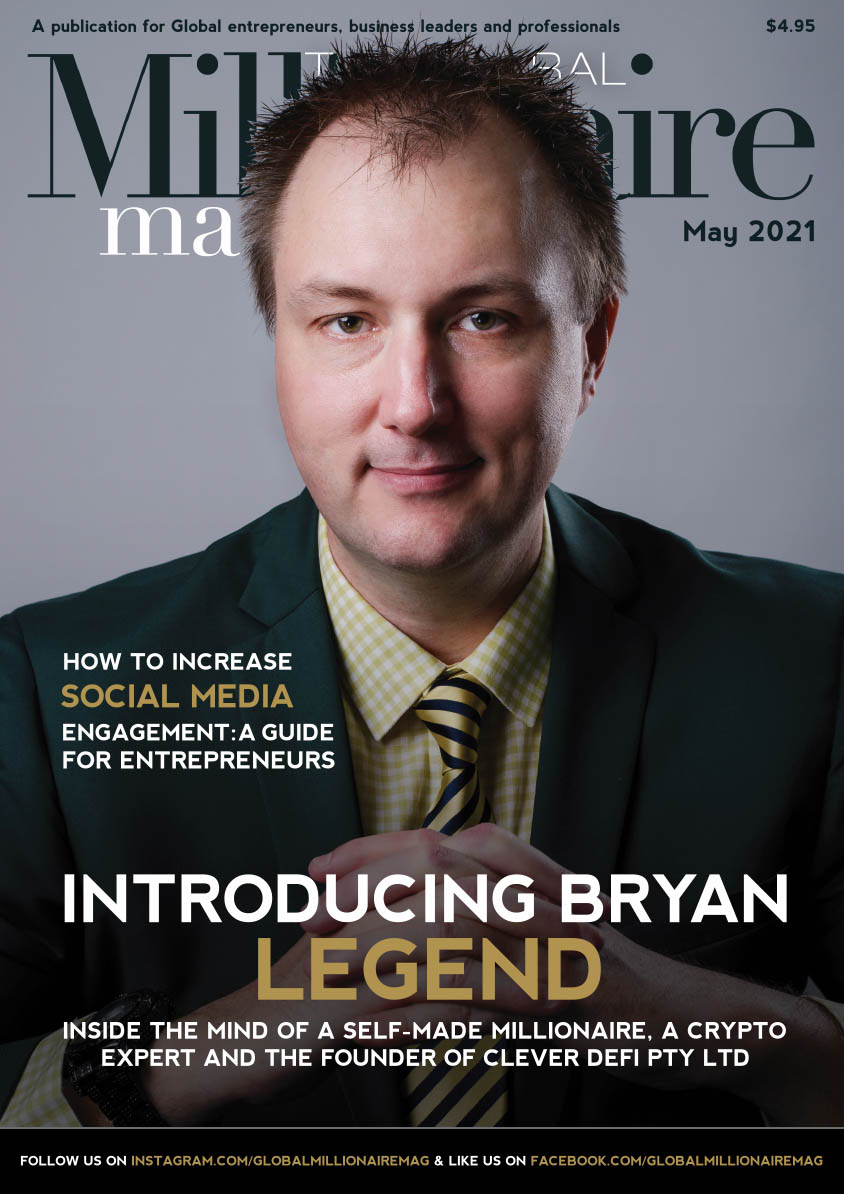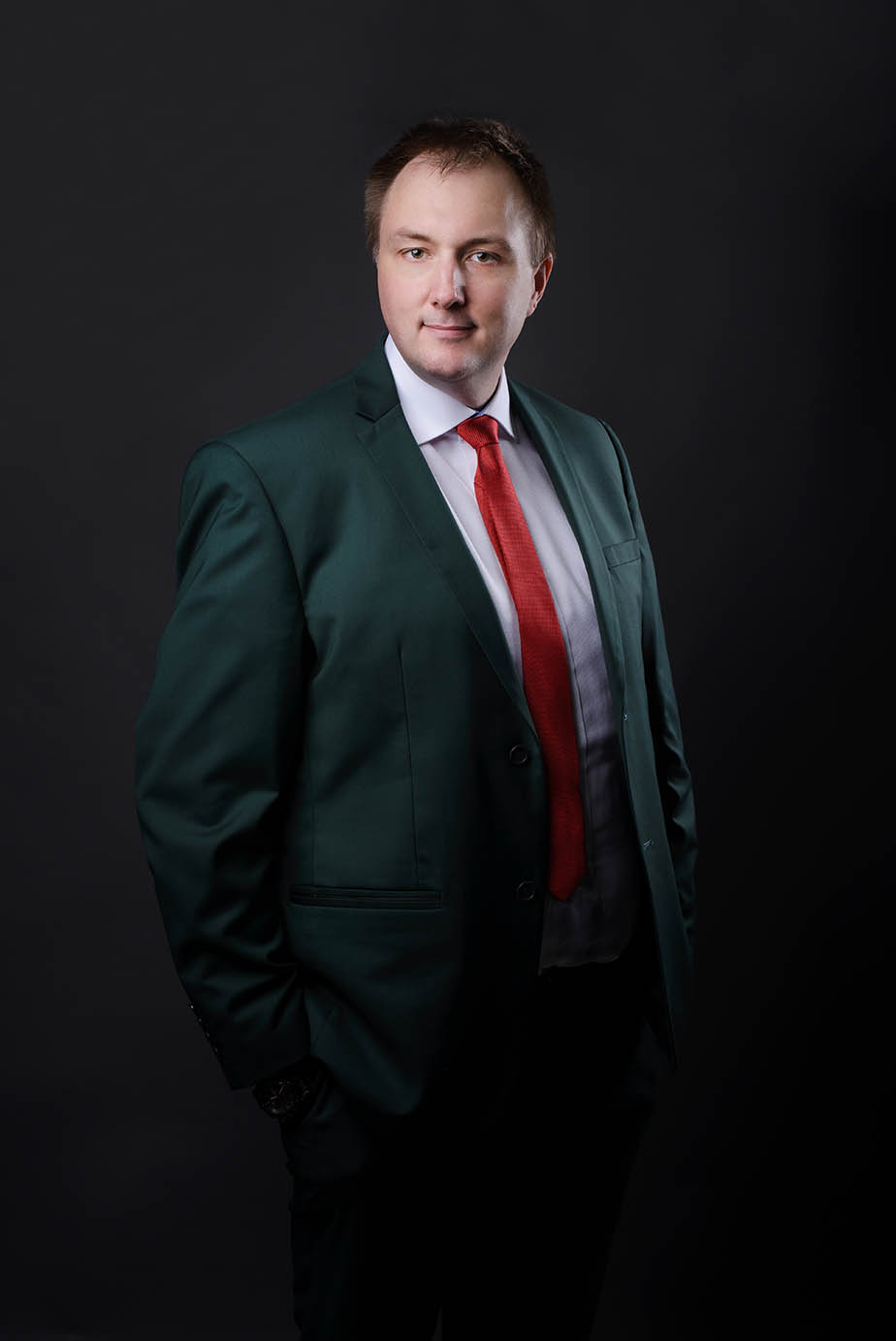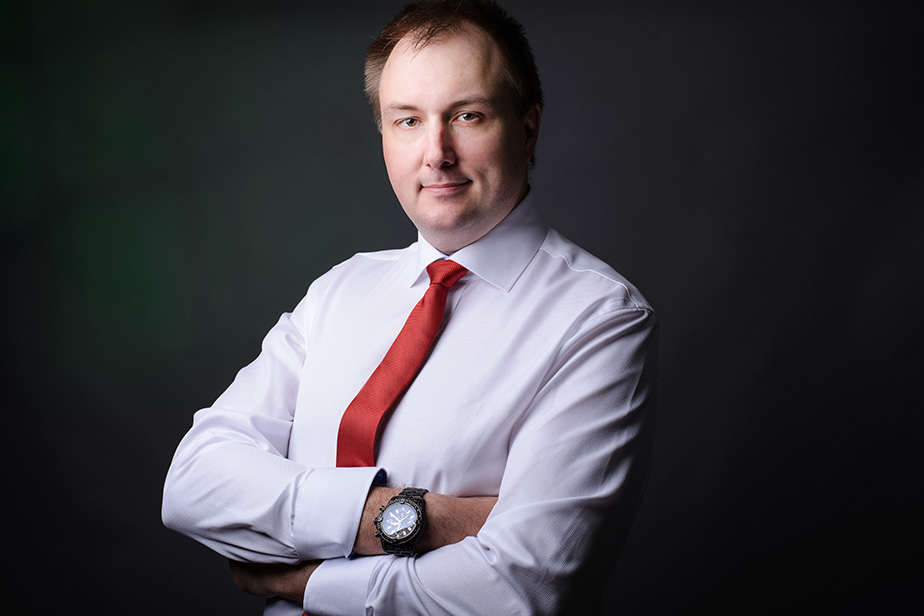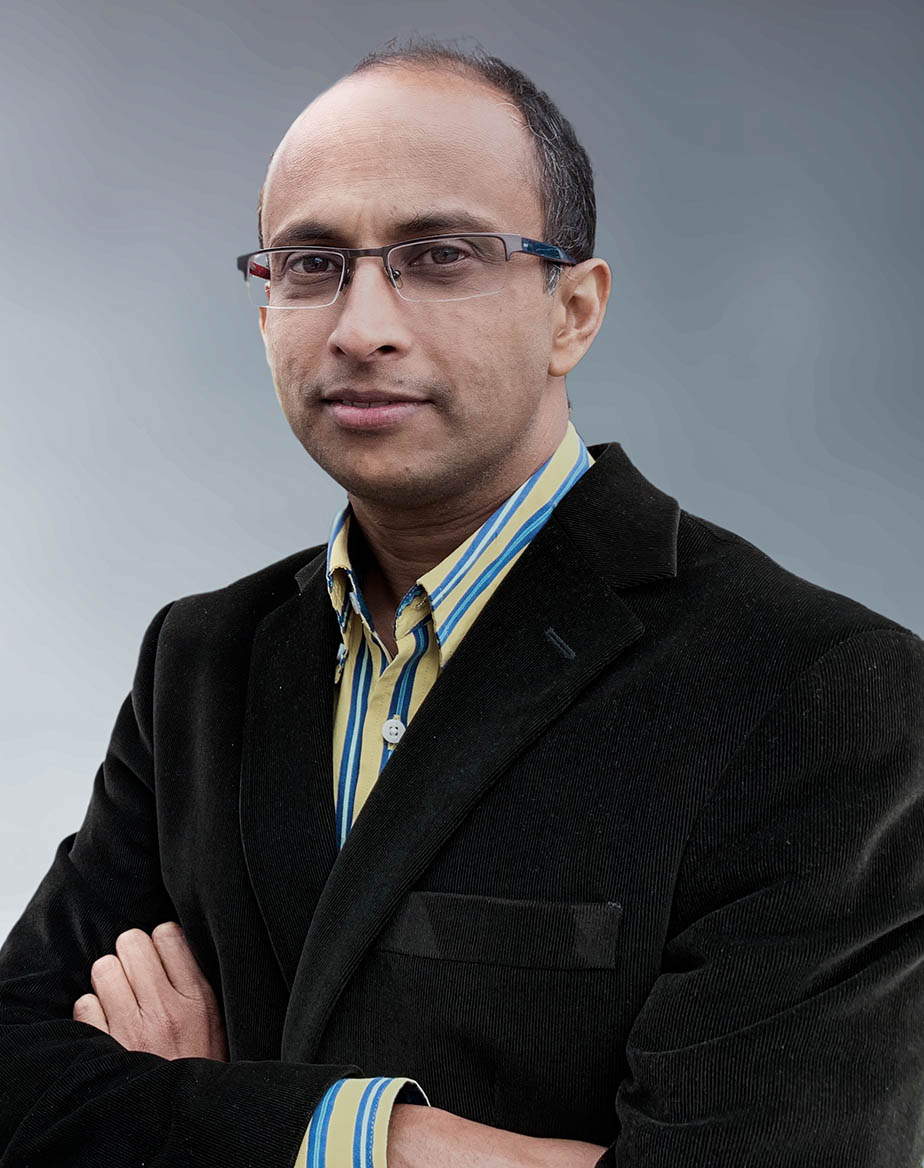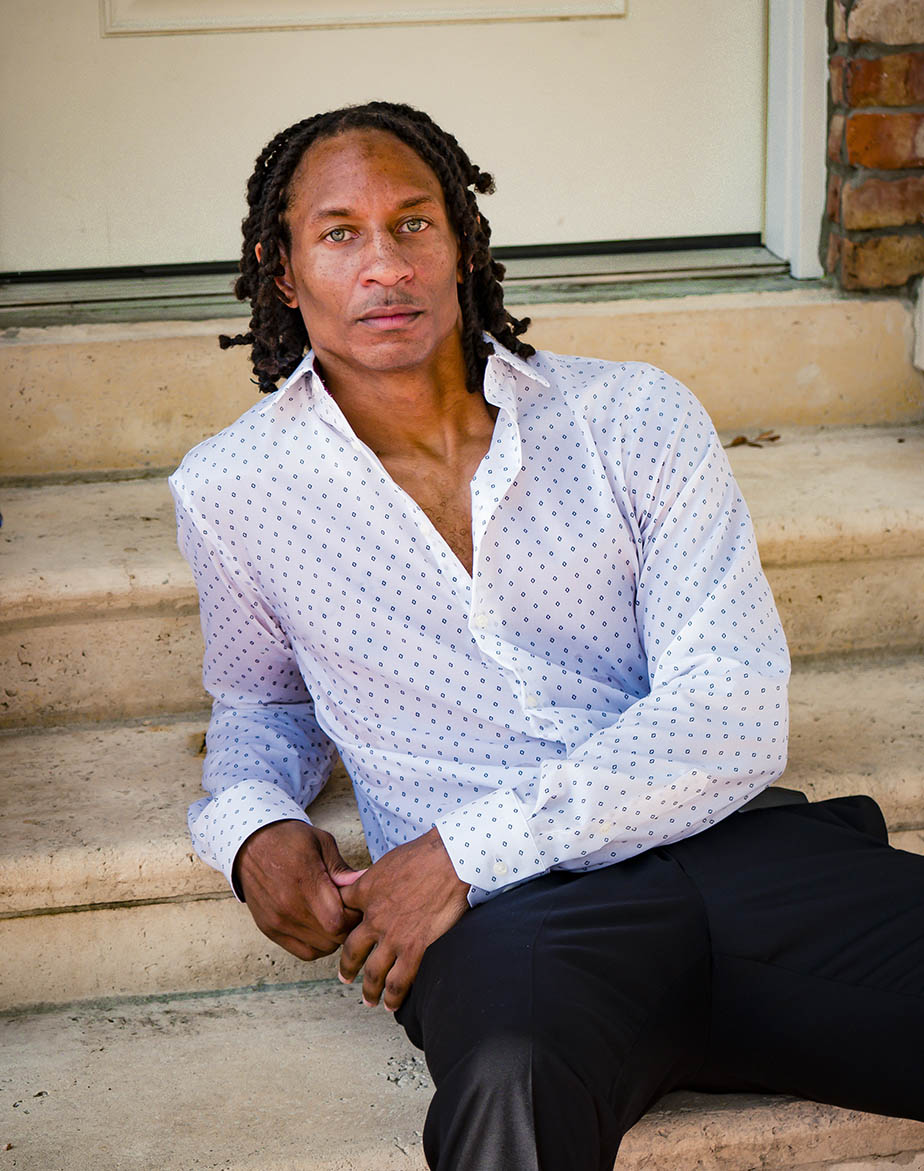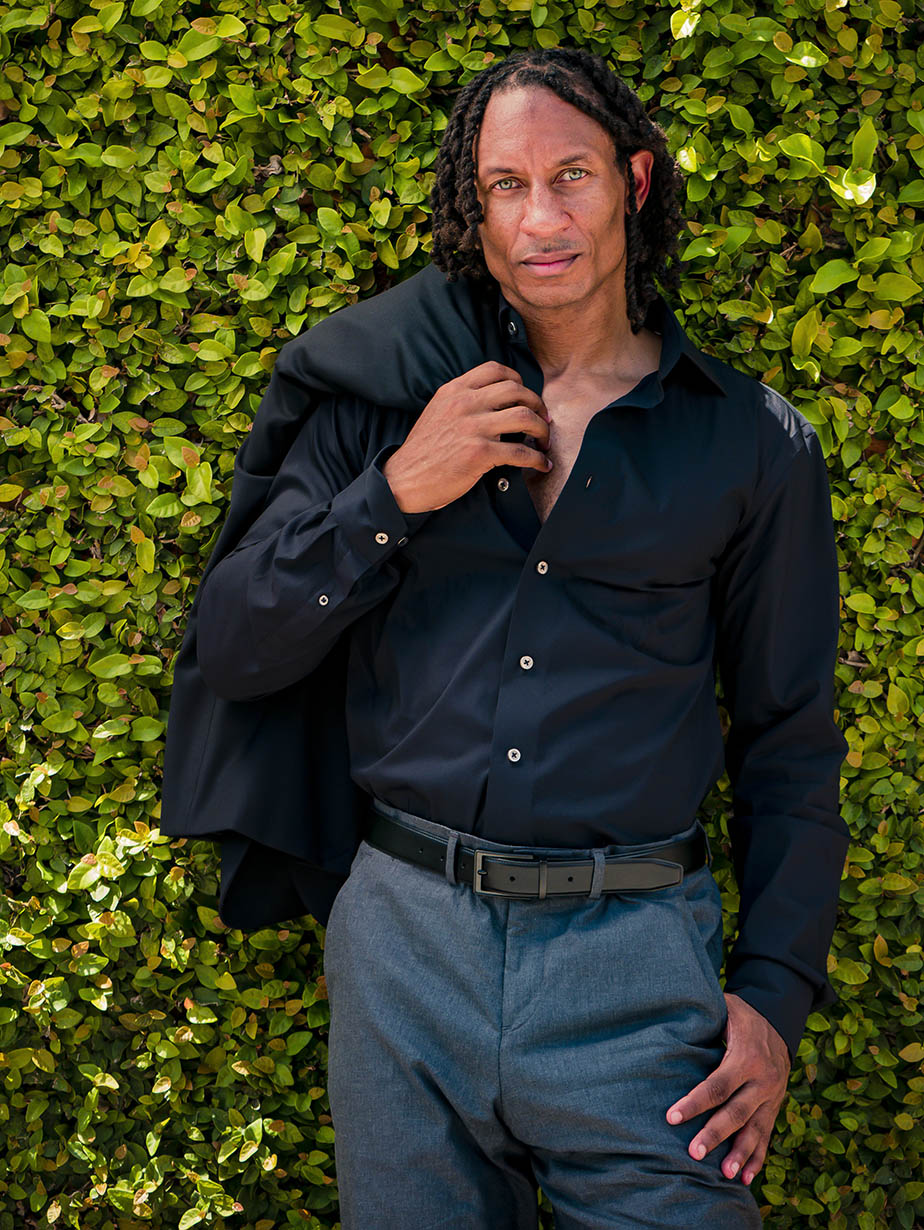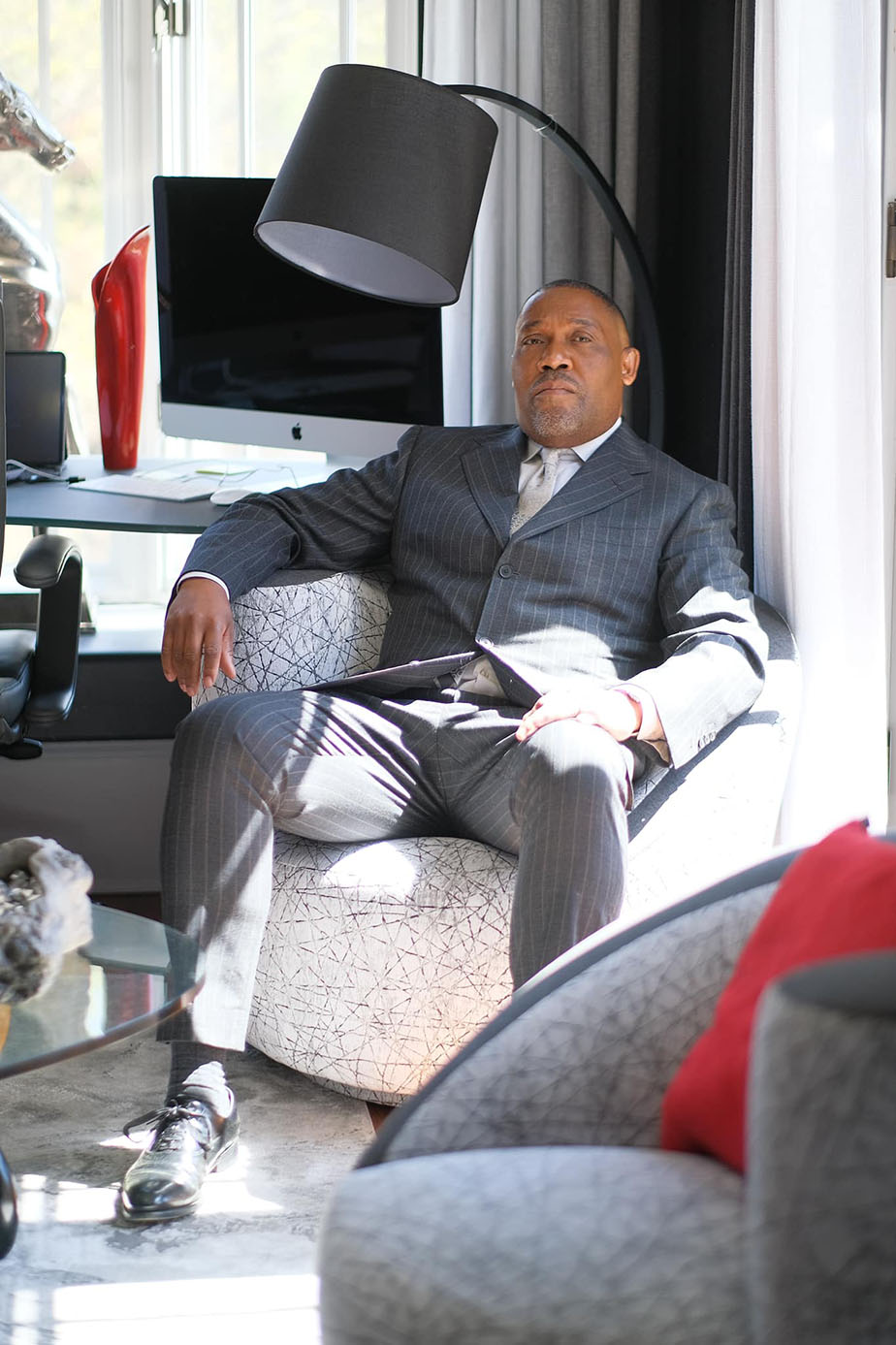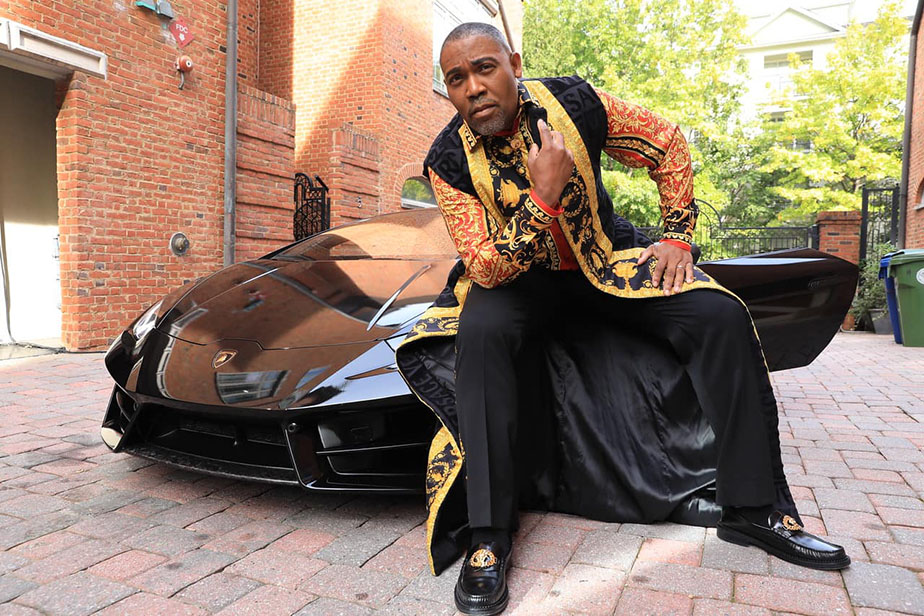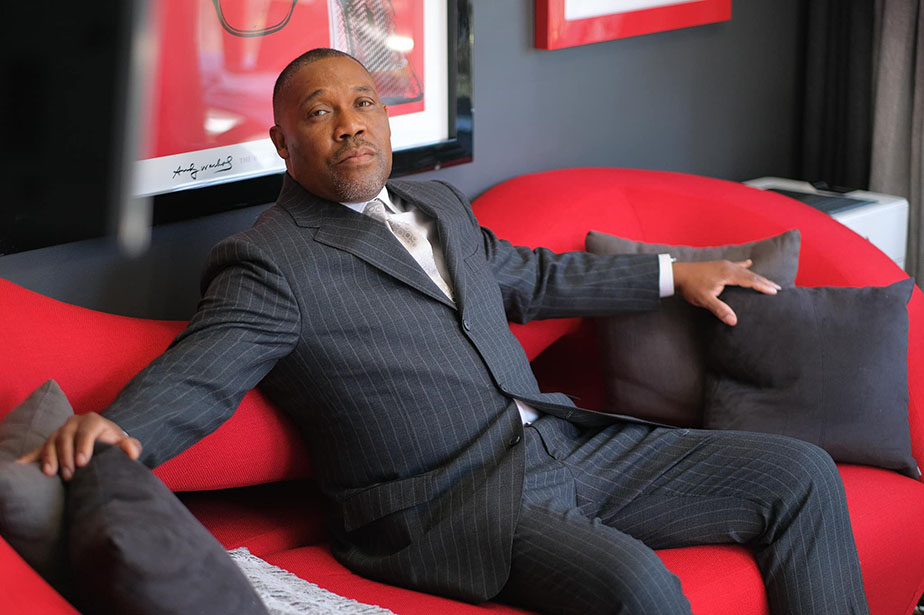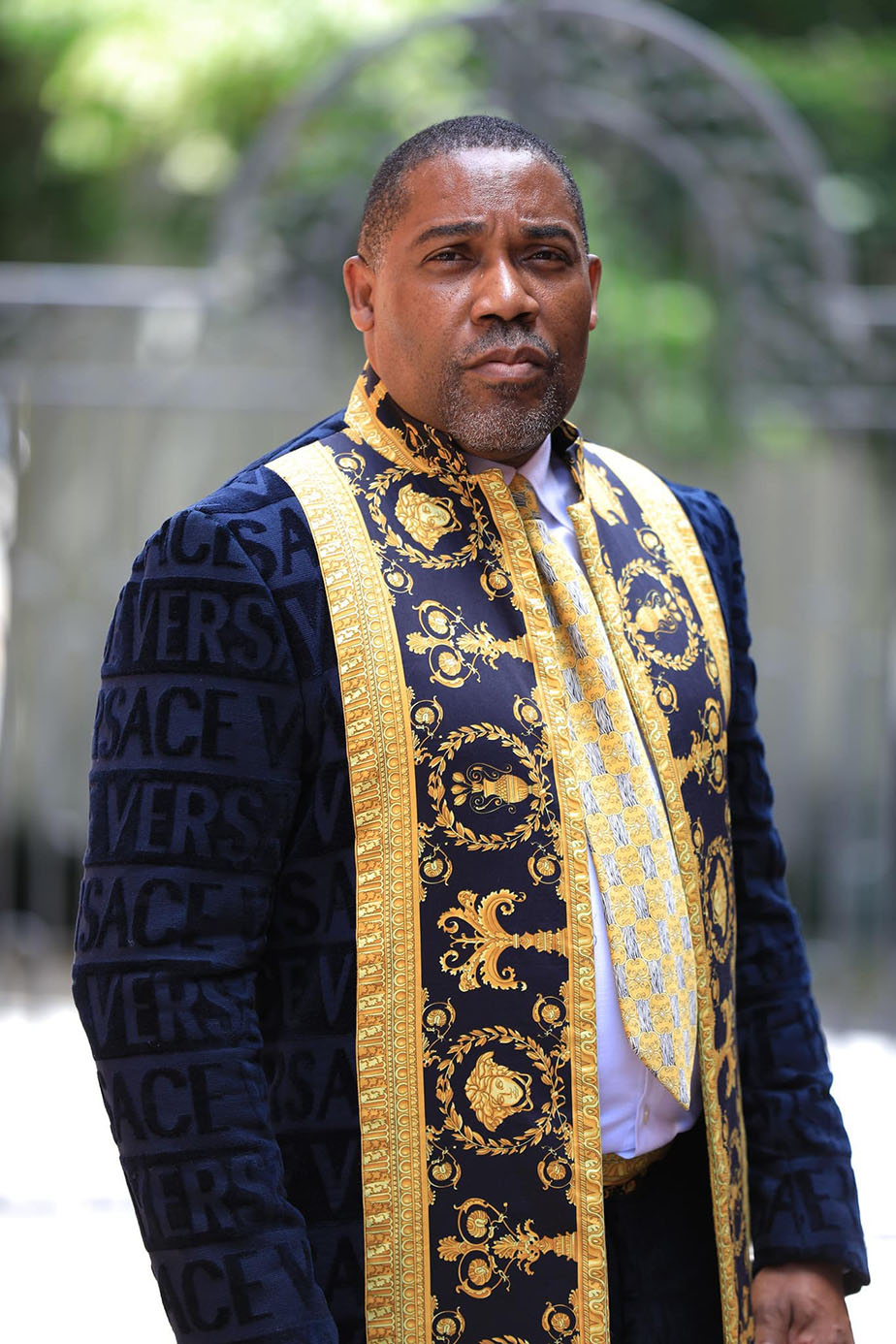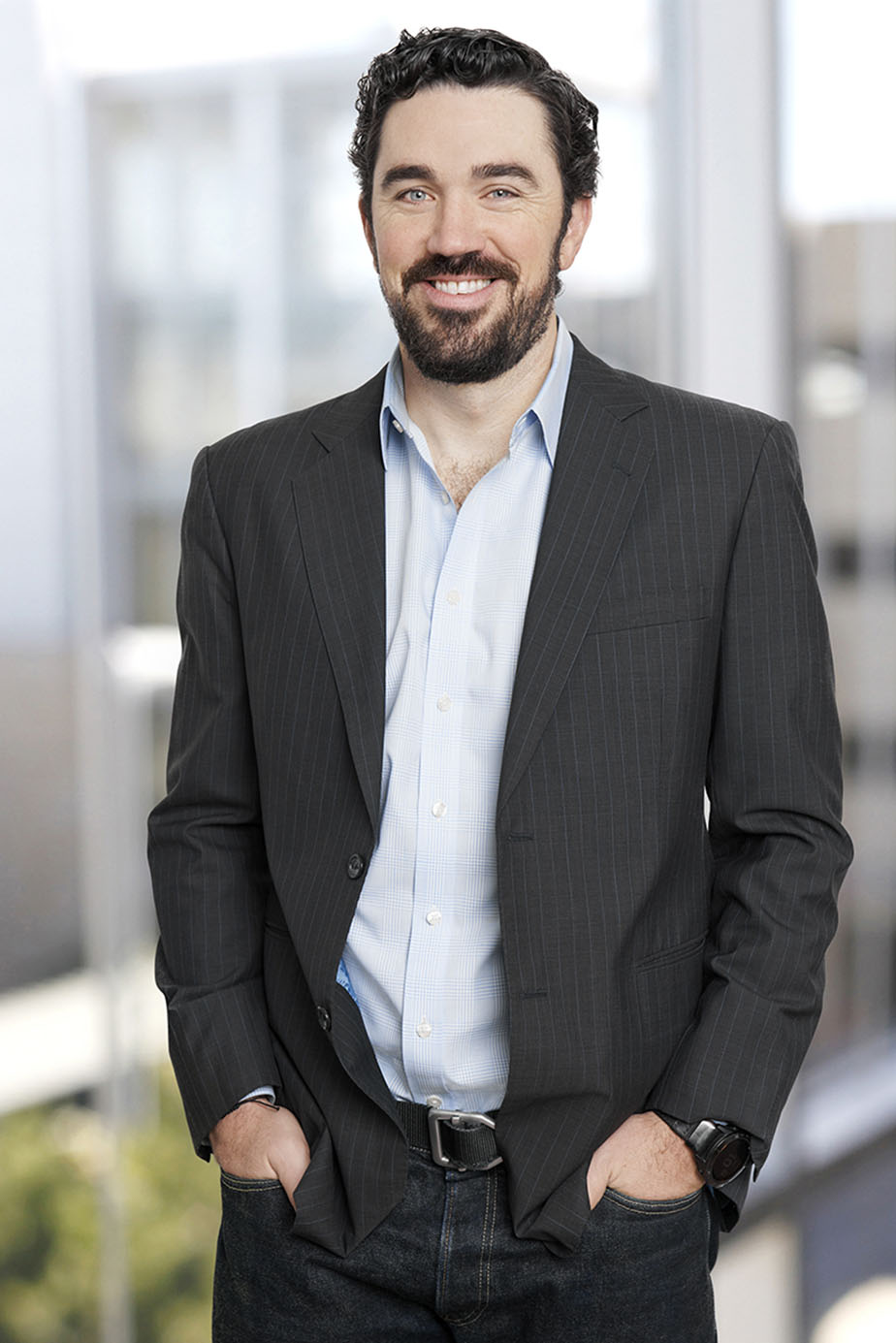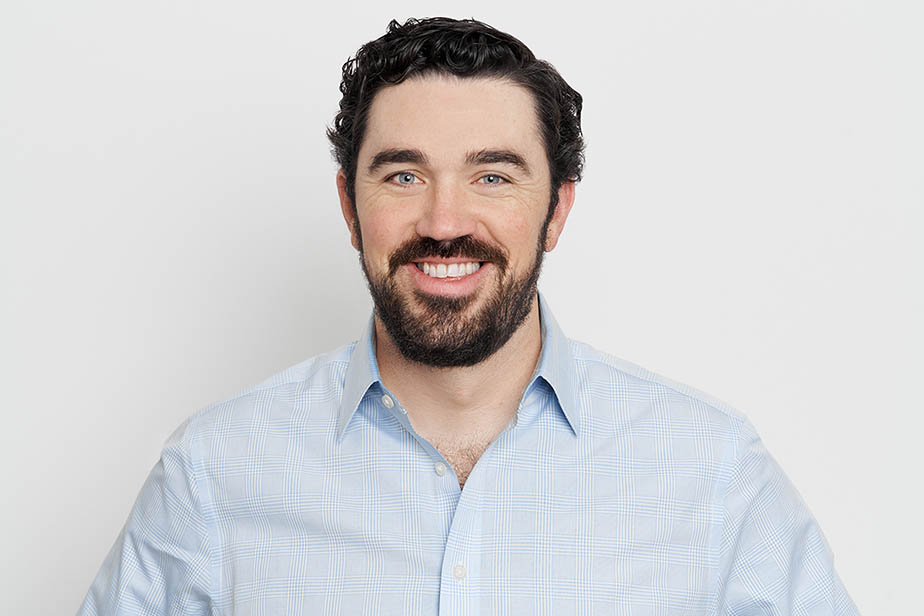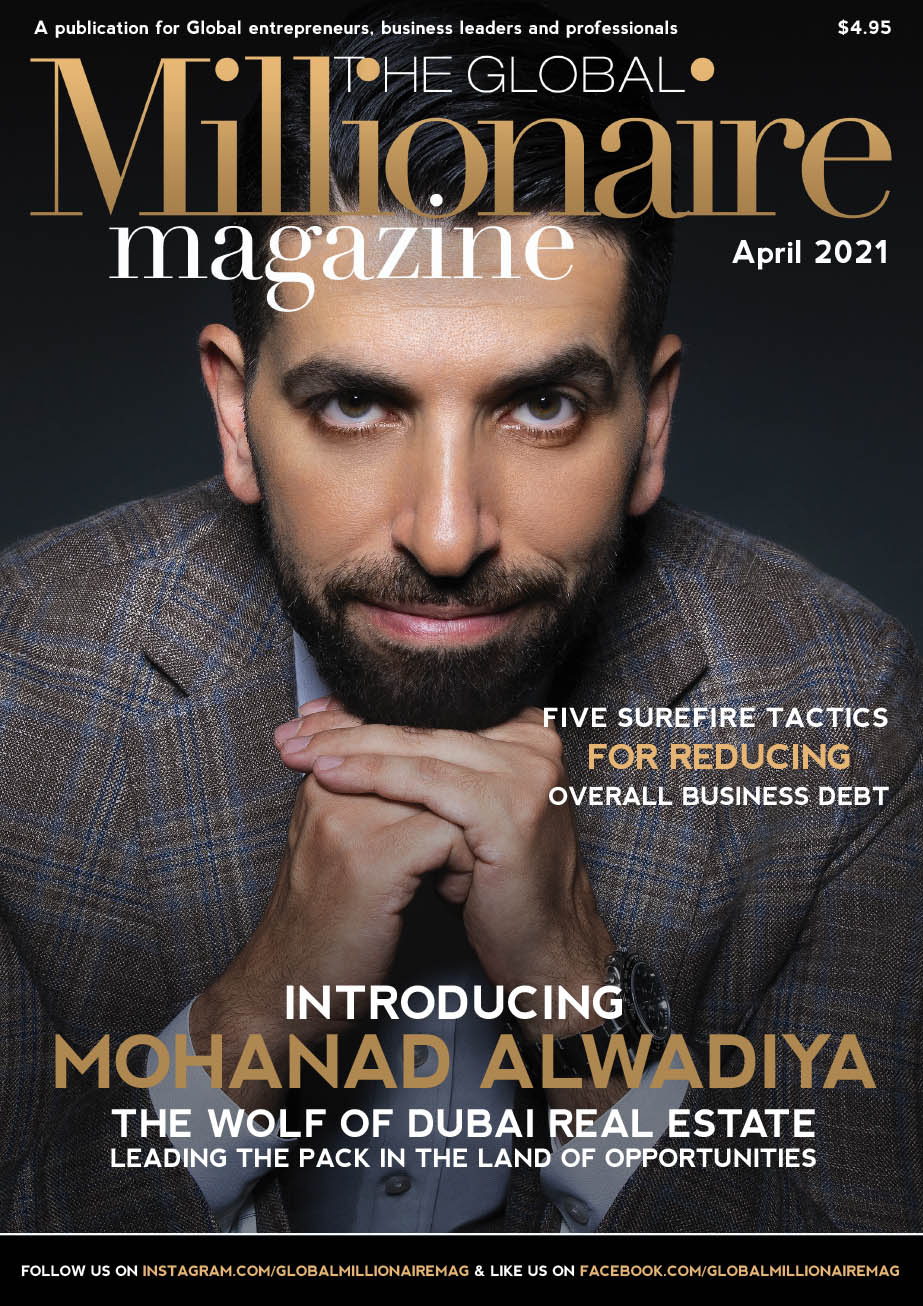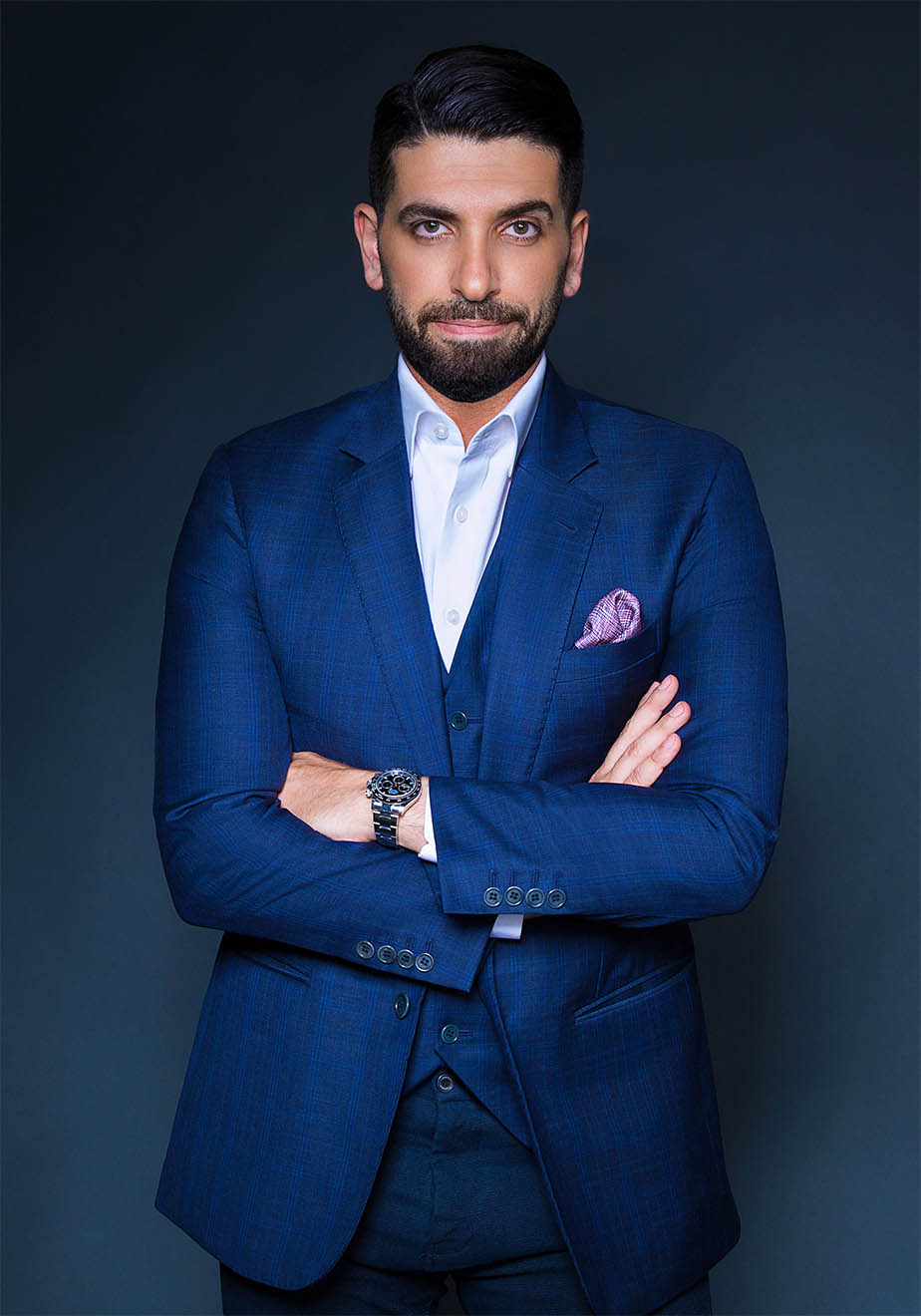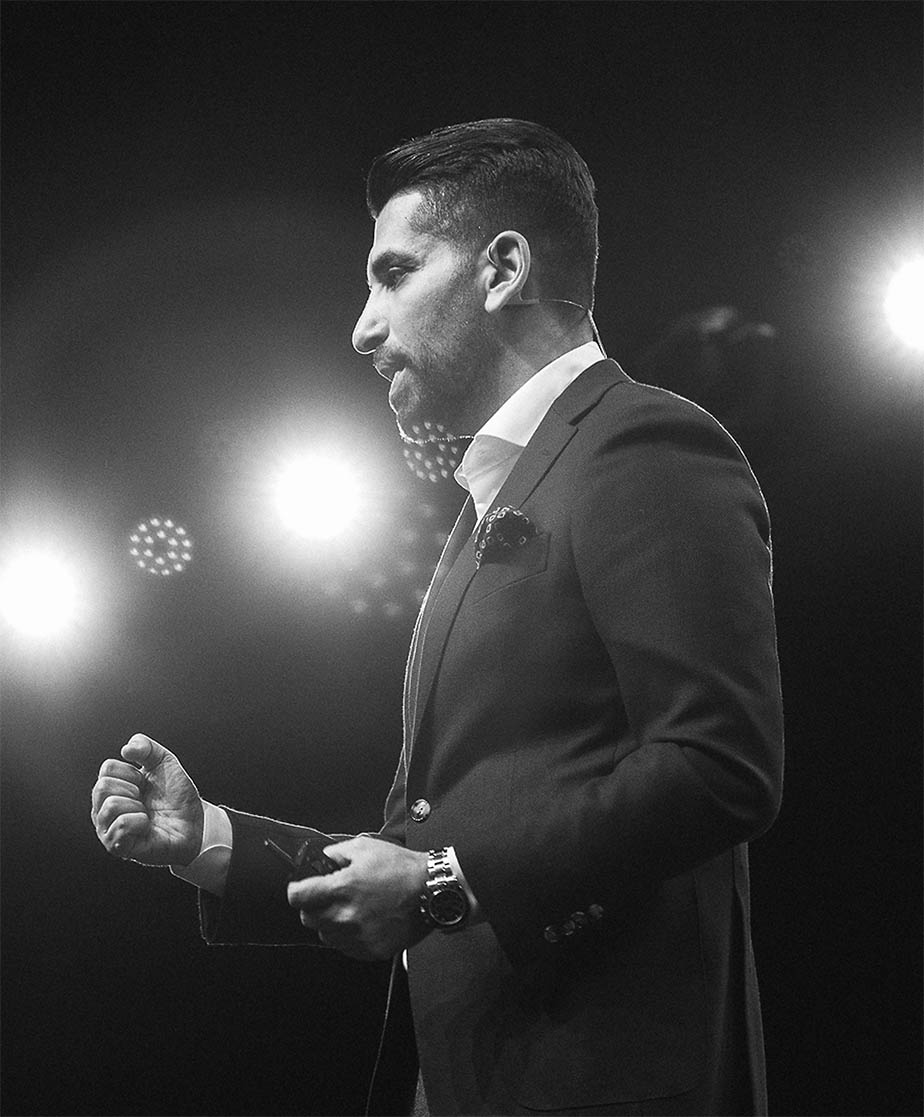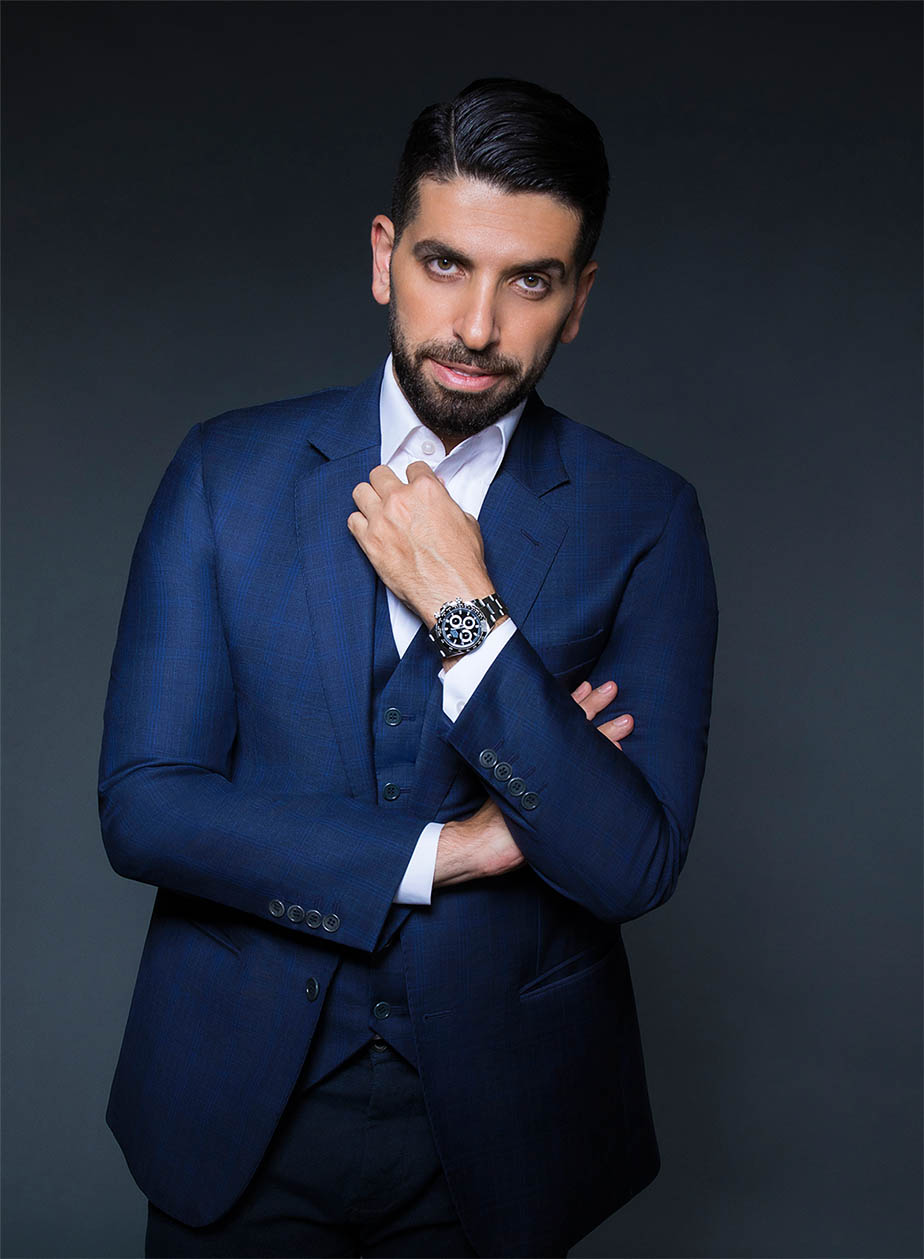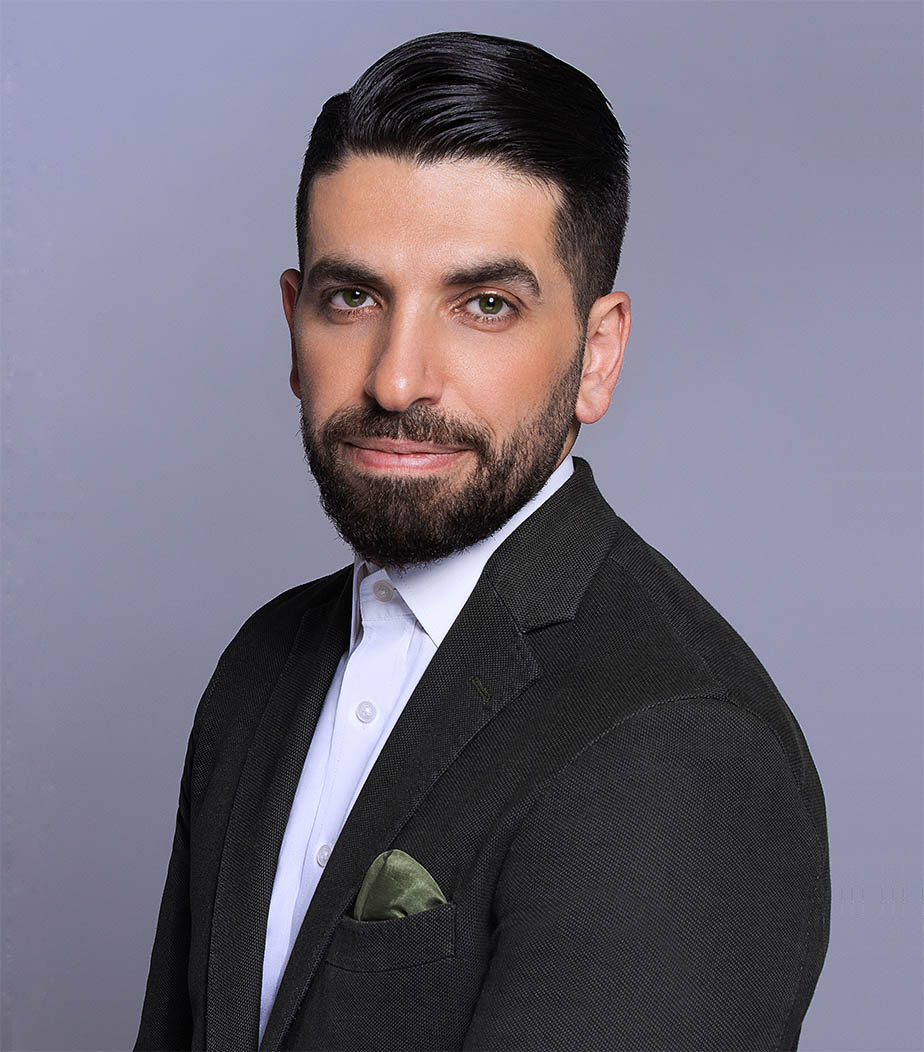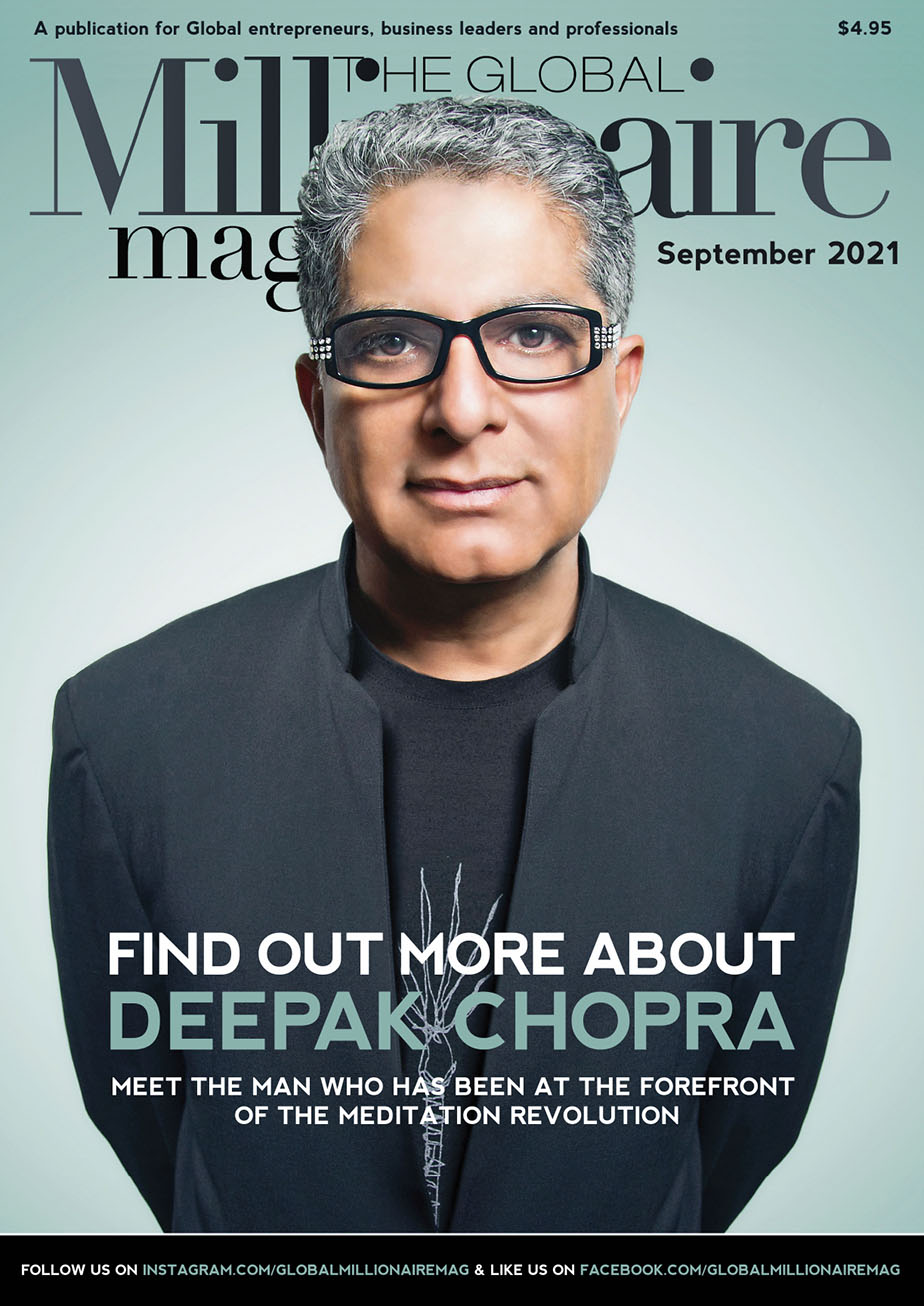
Deepak Chopra has been a mentor of mine from the day of my first interview with him more than a decade ago. I will never forget the day in 2008 when I asked him to explain such existential concepts as the distinction between the brain, mind, and soul; the concepts of space and time, and how meditation benefits our physical and mental health. His answers then were clear and precise and without hesitation; on my end, it felt like waking up from a dream and setting about on a continuous path of discovery.
He and I sat down once again, this time to unpack the pressing issues of isolation, anxiety, and depression and the growing epidemic of suicidal ideation and suicide, which has taken a sharp incline over the past eighteen years. Deepak Chopra is now part of a team spearheading the Never Alone movement, a grassroots movement that aims to create community-led organizations around the world to help people in emotional distress who need community support. Never Alone is being funded through a GoFundMe campaign that has already surpassed its original goal.
In tandem, Deepak Chopra has released his latest book, Metahuman (Harmony Books/Random House), which delves into the true essence of our nature when we break free of societal constructs and embrace a higher level of consciousness and greater zest for living on this planet.
Allison Kugel: The subject matter we are about to discuss is an uncomfortable one, but one that needs to be addressed because we are losing too many people. I looked at some World Health Organization statistics that report there has been a 60% increase in suicides over the past 45 years, with a 30% increase since 2001. My first question for you is simply… why?
Deepak Chopra: We are living in a culture that aggrandizes narcissism and the whole idea of a separate self. People are constantly engaged in social media, and in general media as well. All of this leads to performance anxiety in a sense. Am I relevant if I’m not being noticed? On the one hand, social networks are supposed to increase our connectivity. In one sense they do because we can communicate more effectively. But it also increases our isolation if we don’t get noticed. Young adults, in particular, are at a very delicate stage of their life where they’re beginning to wonder about their identity. As young children, we never wonder about identity. We are just happy, without wondering about self-esteem and all those things. As we enter adolescence, identity becomes an issue and we are still forging our identities. Today our identity is all about, “Am I important? Am I relevant?” It’s not even about knowing who we are at a fundamental level.
Allison Kugel: I remember seeing my son, up until about the age of three, exhibit this pure unadulterated confidence and joy that emanated from his being. I have a video of him at the age of 15 or 16 months, where he’s running through a field and cracking himself up for no reason; just happy to be running in the grass. Why do we lose that joy and that feeling of wholeness, of being enough just as we are, as we get older?
Deepak Chopra: You are very right in your observation. The poet Rabindranath Tagore is quoted as having said that “every child that’s born is proof that God has not given up on human beings (paraphrased).” Children are naturally joyful and loving and have empathy and compassion and playfulness as their innate traits. The rest is the hypnosis of social conditioning. Unfortunately, it gets recycled through every generation and now it’s getting worse because of our ability to communicate our self-importance. Self-esteem is natural, in our natural state. We are confusing [self-esteem] with self-image, which is the ego-bound identity. Self-image constantly needs validation or else it feels very fearful.
Allison Kugel: I’ve noticed a pattern in the 21st century where we are being pushed to the brink in so many ways. We have extreme weather patterns, mass shootings, more chronic illness, more narcissism, and certainly more anxiety and depression. And we have more people who are medicated than ever before. What is all this pushing us towards? And what is the spiritual reason for it all?
Deepak Chopra: A lot of what you are seeing is the mental health of a collective mind, or a collective humanity, that has created a world with all the things you mentioned. We’ve seen extinction in every other life form, but now we’re ready for our own extinction. The last extinction was sixty-five million years ago as a result of a meteorite hitting the earth when dinosaurs were wiped out. We learned as a result of that extinction. But now if we have our next extinction, it will be as a result of human behavior. If this is not collective insanity… If we don’t acknowledge it then we are decreeing our own insanity. We need to understand our personal role in this collective insanity. Suicide and depression are symptoms of our collective conditioned mind. We treat hate to be normal. We treat the psychopathology of our everyday existence as normal. So numb have we become. And so immune have we become to the cruelty that happens every day in the world.
Deepak Chopra: We can resign ourselves and say the human experiment has failed; that the human species was an interesting idea on behalf of nature’s evolutionary impulse, but it didn’t work. We can resign ourselves and wait for our collective extinction where we just go to the bar and get a drink, which will numb us even more, and which people are doing with drugs and alcohol and other addictions. This is mostly linked to this massive epidemic of suicide and depression. Or, we can do something about it and hope for the best. What I have discovered through careful observation and as a physician, is that when people support each other in anything, and it doesn’t matter what it is, it is healing. When we support each other, the outcome of whatever that condition is that a person is struggling with, it does improve. This is what has led me to the opportunity to create, both, online and real-time communities where people can support each other for a more peaceful, just, sustainable, healthier, and joyful existence. Ultimately, this is the purpose of life, to experience our innate joy. That comes automatically through empathy, which leads to compassion, which then leads to the desire to relieve another person’s suffering.
Allison Kugel: For all the empaths out there, including myself, the answer is to not just feel the pain of the world, but to take loving action towards solutions where and when you can.
Deepak Chopra: Right, because compassion leads to love, and it leads to love-in-action. Love-in-action leads to healing. Love without action is irrelevant. And action without love is also meaningless. This is an opportunity for us to create a self-sustaining ecosystem where people support each other and help each other. Helping each other is the best way to help ourselves.
Allison Kugel: You’re a part of creating the Never Alone movement to provide support communities around the world, which we hope will prevent suicide and help people feel connected to real support systems. How will the Never Alone platform work, and will it be accessible to people of all socioeconomic backgrounds and geographic locations?
Deepak Chopra: Right now, the Never Alone platform will be run by GoFundMe. We are helping create an advisory board for the GoFundMe campaign. Our goal is to create self-sustaining grassroots movements across the world because even in very impoverished parts of the world, people now have access to wireless technology. In wisdom traditions, a healthy community has three things: people dedicated to serving the community; spiritual practice of reflective self-inquiry, and getting together with other people in the community. Today we can do that online, but we can also do that by creating our own localized communities and centers. This is not a Deepak Chopra campaign or anyone’s campaign. It should be a totally grassroots, self-sustaining campaign where we create an ecosystem for helping each other in [times of] distress.
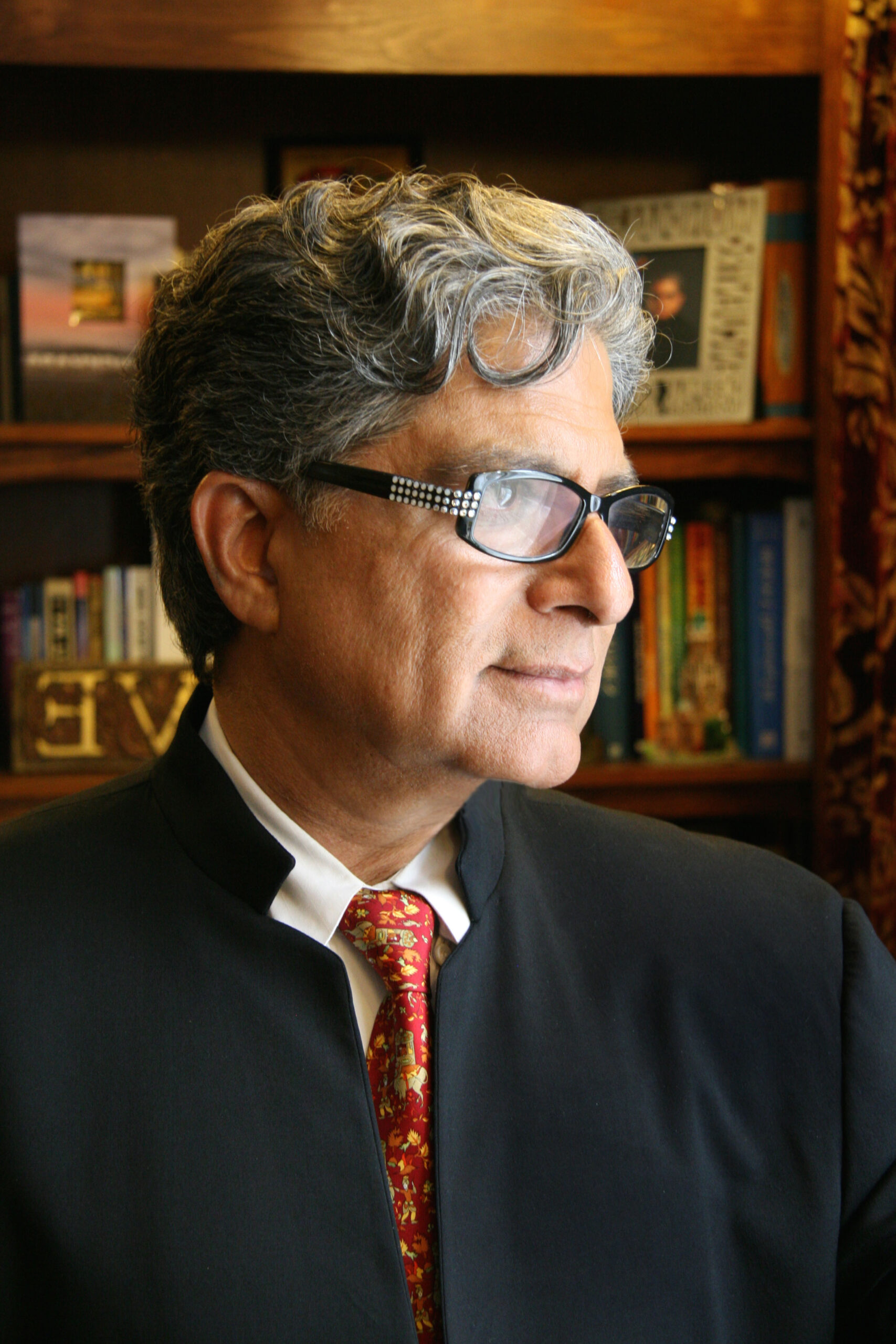
Allison Kugel: With the film The Offering that you’ve recently raised funding for, this is not a documentary, correct? This is a work of fiction that is based on real stories about suicide?
Deepak Chopra: The actress Gabriella Wright, her sister was a very accomplished musical artist in Europe who committed suicide at the age of 28 or 29. This is a film for awareness, in which actress Gabriella Wright is playing the role of a mother whose son commits suicide. We hope to use the film as a tool for bringing awareness to this cause, and to the Never Alone movement. When you give facts alone, some people are moved by the facts, like you were moved by the statistics. But by themselves, facts can be very dry. When they are linked to an emotional response, people feel compelled to look at the facts in a different way. We are hoping that The Offering will be a film that will bring some insight to the epidemic of loneliness. The film is only one aspect of this movement. After that, the goal of the Never Alone movement is to encourage other people to produce videos and films, and to share stories to increase awareness and create their own communities both offline and online.
Allison Kugel: I have a question that could be construed as controversial, but it’s been on my mind. Over the last 15 to 20 years the veil, so to speak, has been thinning in terms of more people becoming aware that our souls are eternal and that there is a spiritual dimension to which we go on; the concept that we were alive before we got here and we will be alive in spirit when we leave. Do you think this information can be a double-edged sword in the wrong hands, and that people might then see suicide as a viable option because of this? For example, the thought could be, “I don’t want to cease to exist. I just don’t want to be here.” I would hate for that to be the case…
Deepak Chopra: I hesitate to answer that because I don’t really know that that’s one of the reasons for the increasing epidemic of suicides. Many people do not have insight into the true nature of their soul. In the past, if you spoke about the soul or the spirit, a lot of people considered themselves scientists and secular, and they would roll their eyes and look away because you’re not talking science. Right now, there’s a big discussion among scientists about what fundamental reality is. Is fundamental reality physical, or is fundamental reality non-perceptual and in the realm of what you and I would call the soul? Scientists are now struggling with a good physical explanation for what we call “consciousness.” There’s no biological explanation for consciousness. Right now, as I’m speaking to you, all that’s going to your brain is an electrical current. You are experiencing the sound of my voice, and not only that, you are interpreting that into meaning. Where is that happening? Science has no idea. So, there are some cutting-edge scientists now that are addressing this. What we call the physical world is an interpretation of perceptual connectivity in our own consciousness. The only thing that is eternal is what you just referred to as the soul, which is not in space or time. It will take a long time for science to catch up to this idea. In the meantime, we have to deal with everyday reality. And some everyday realities, at this moment, are very depressing and it’s our own collective projection. We need to change it.
Deepak Chopra: It takes a loving, compassionate, caring being to be present for them. And that’s all it takes. I think there’s no situation that is so desperate that love and compassion and presence and caring can’t alleviate it, with any kind of desperate situation. But we now need to create the platform for that.
Allison Kugel: Have you, yourself, at any point in your life had a suicidal thought or feeling, and if so, how did you work your way out of it? Or has a loved one of yours ever experienced something like that?
Deepak Chopra: I have personally never experienced this kind of extreme ideation. But when I was in active practice as an internist and an endocrinologist and emergency room physician, I saw it all the time, several times a day. And then I looked at my own family; cousins, nephews, nieces, uncles, aunts. And I don’t find a single family, including my own, where this type of extreme desperation has not resulted in a suicidal act. From my medical school days to my internship and residency, I have witnessed these kinds of ideations and this kind of outcome of extreme desperation, which we call suicide. It’s never been out of my awareness, not even a single day since I became a medical student. And I do remember also in my early growing up years, becoming aware of relatives in my extended family who have done that, so it’s a daily reminder that we need to do more to alleviate everyone’s suffering. Our own personal happiness is dependent on the happiness of others. In fact, all the data shows that the most effective way to be happy is to make someone else happy. The easiest way to make someone happy is to give them attention, which means to listen to them, not advise them, but listen to them. You don’t try to change another person. It’s hard enough to change yourself when you want to. But if you listen to them and you are there to support them, then they change, especially if you care.
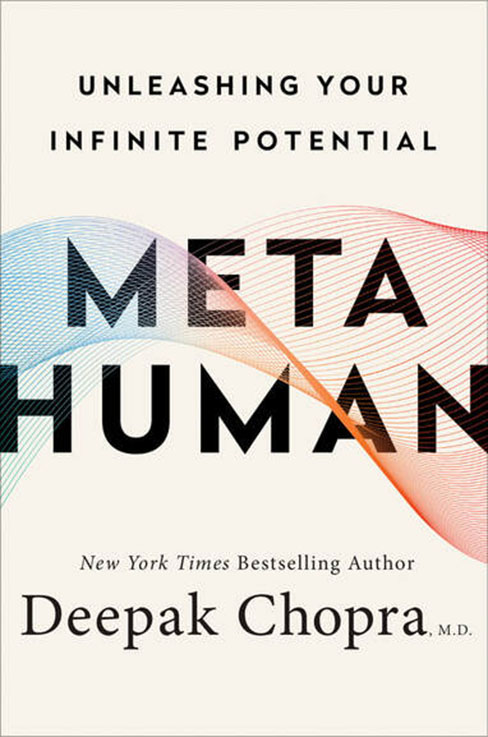
Allison Kugel: Let’s touch on your new book, Metahuman. Does the book delve into teaching people to tap into the quantum field?
Deepak Chopra: The book is about what is fundamental as opposed to what is a social construct. War, terrorism, socio-economic circumstances, injustice, climate change are all because of false constructs. The falsest construct that human beings have created is that we are separate; the subject and object of experience are two different things. Right now, for example, I believe that I am the subject of this experience and you are the object of this experience. You think you are the subject of the experience and I am the object of the experience. This is an artificial divide. Unfortunately, our science is based on that, so we end up using science for diabolical purposes and ultimately risk our extinction. My book is saying that you should wake up from the dream which has now become a nightmare. And the dream is that we are separate beings. We are actually part of a holistic process and when we embrace that wholeness then we are holy, and we are healed. Wholeness, holy, health and healing go together. Everything you mentioned about mindfulness and meditation, these practices give us that experience of wholeness. When we go beyond our skin-encapsulated ego-identities, that is what the book is about.
Deepak Chopra’s book, Metahuman: Unleashing Your Infinite Potential (Harmony Books/Random House), is available wherever books are sold. Learn more about the Never Alone movement at GoFundMe.com/NeverAlone. Follow Deepak Chopra @DeepakChopra and tune in to his podcasts Infinite Potential and Daily Breath for your regular dose of Deepak, wherever podcasts stream.
Allison Kugel is a syndicated entertainment columnist, author of the memoir, Journaling Fame: A memoir of a life unhinged and on the record, and owner of communications firm, Full Scale Media. Follow her on Instagram @theallisonkugel and at AllisonKugel.com.
Photo Credits: Todd MacMillan, Jeremiah Sullivan, Harmony Books/Random Hous

